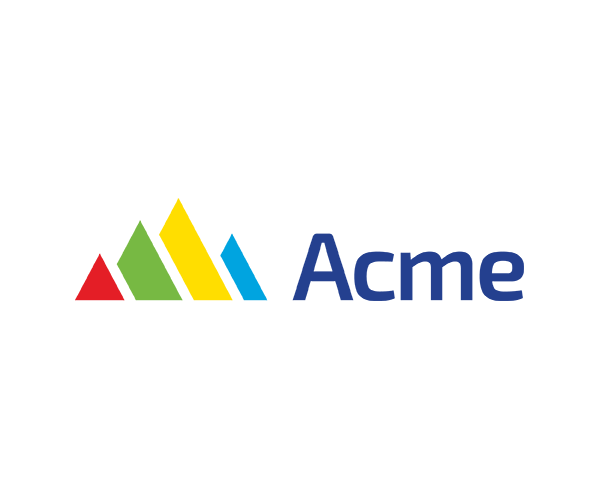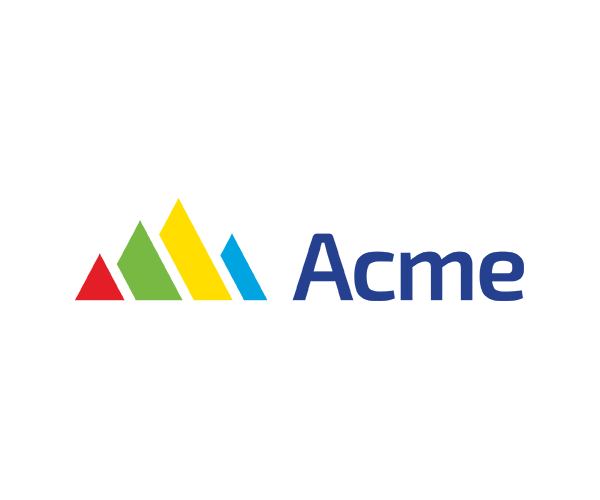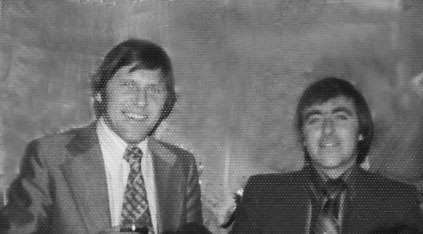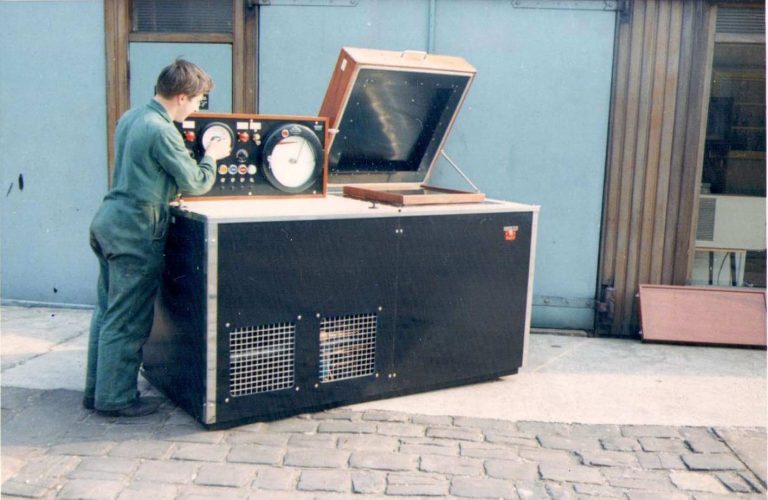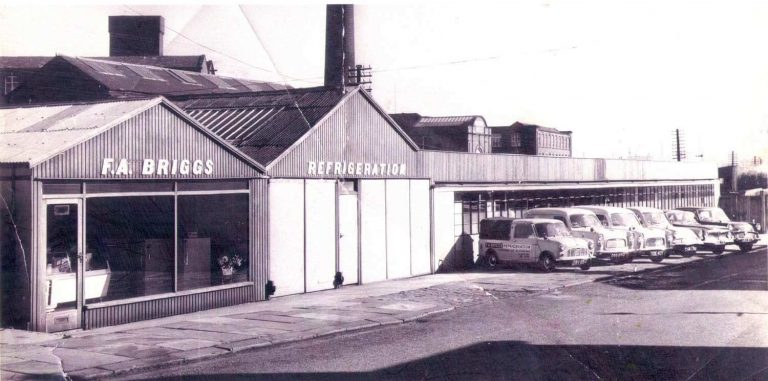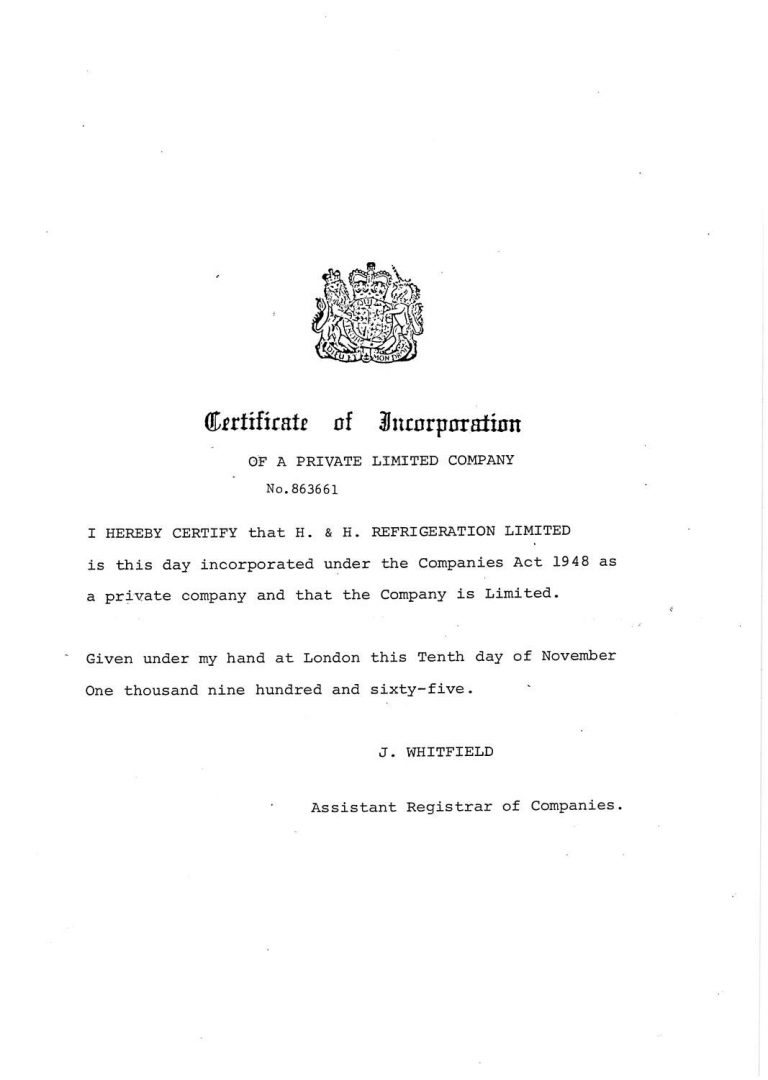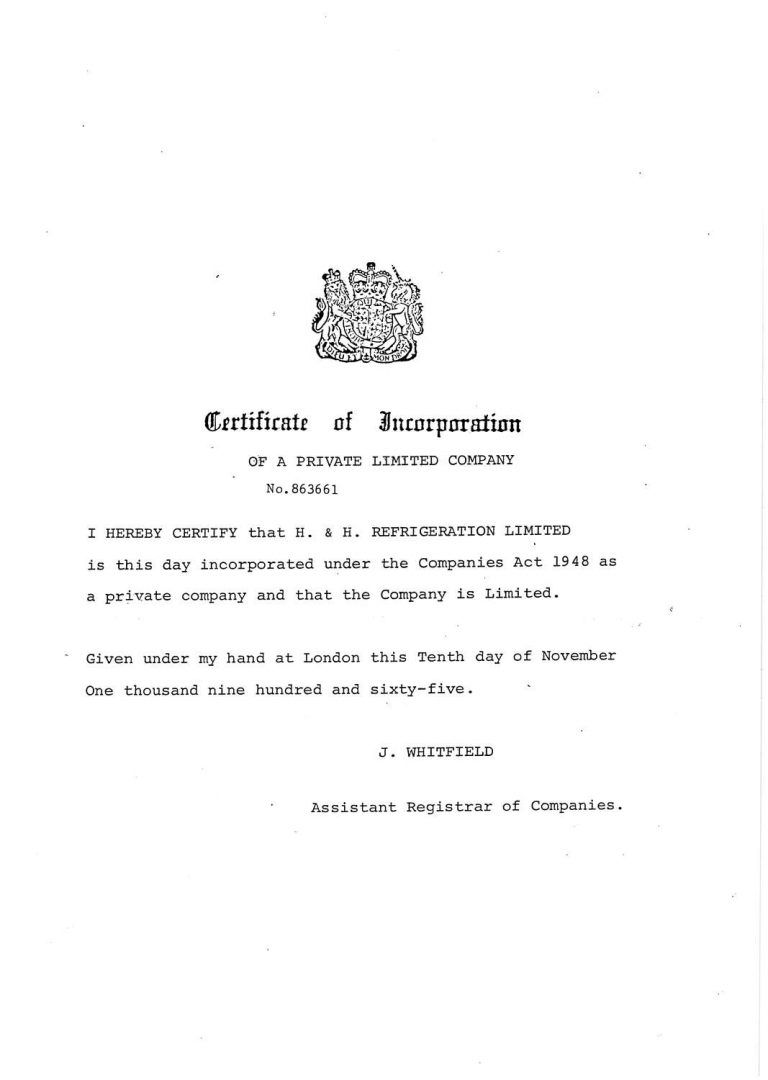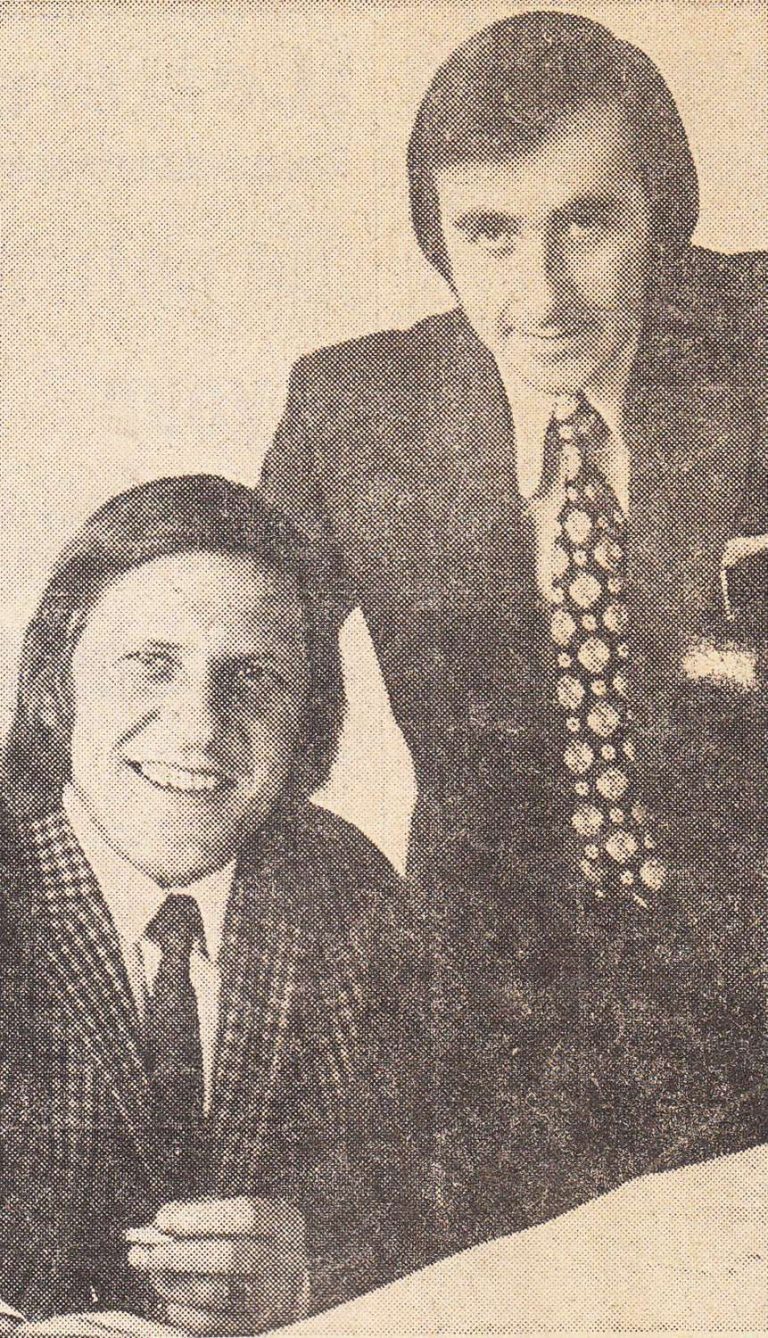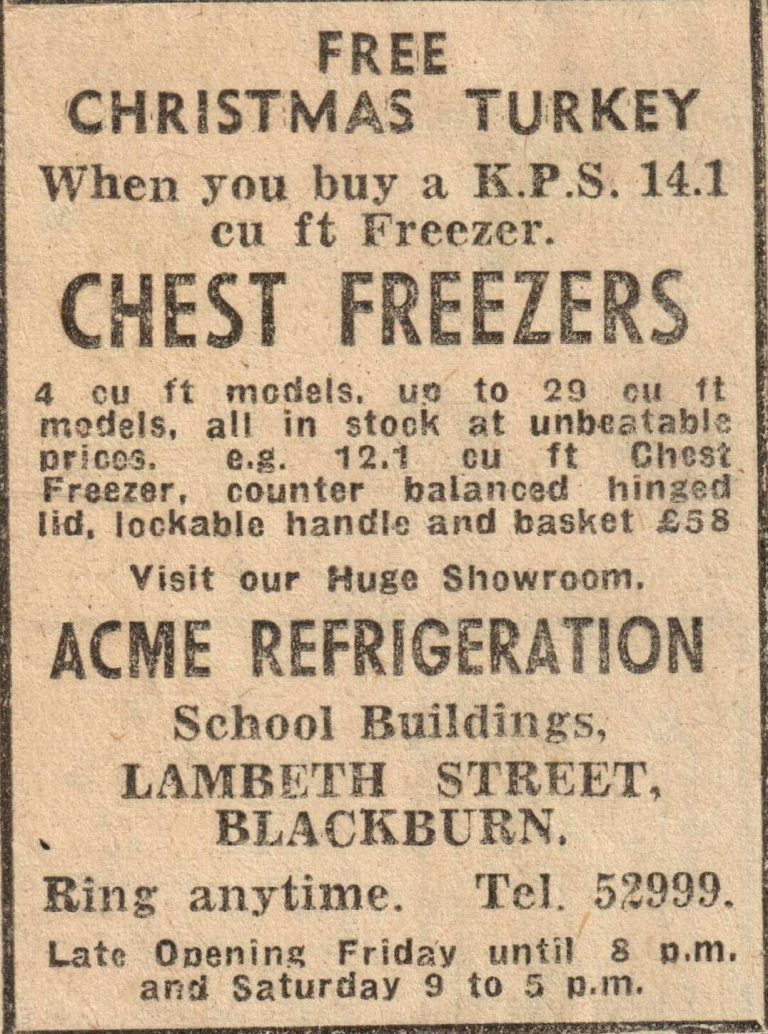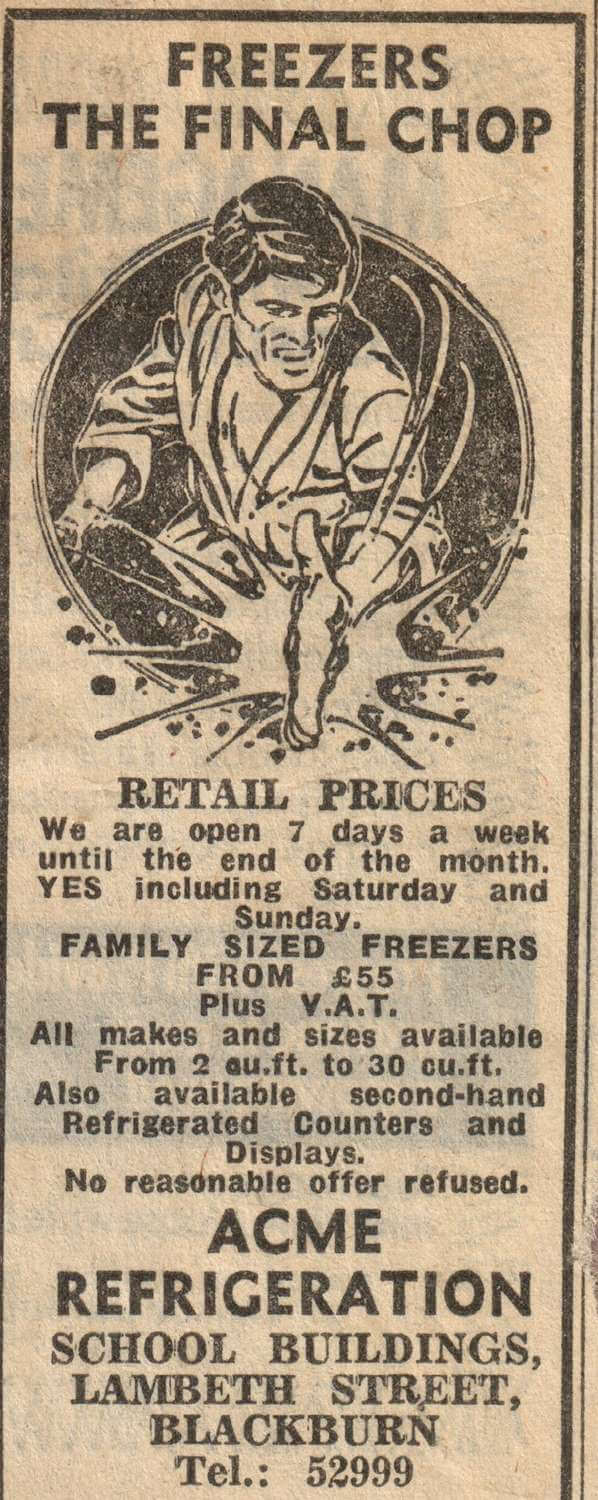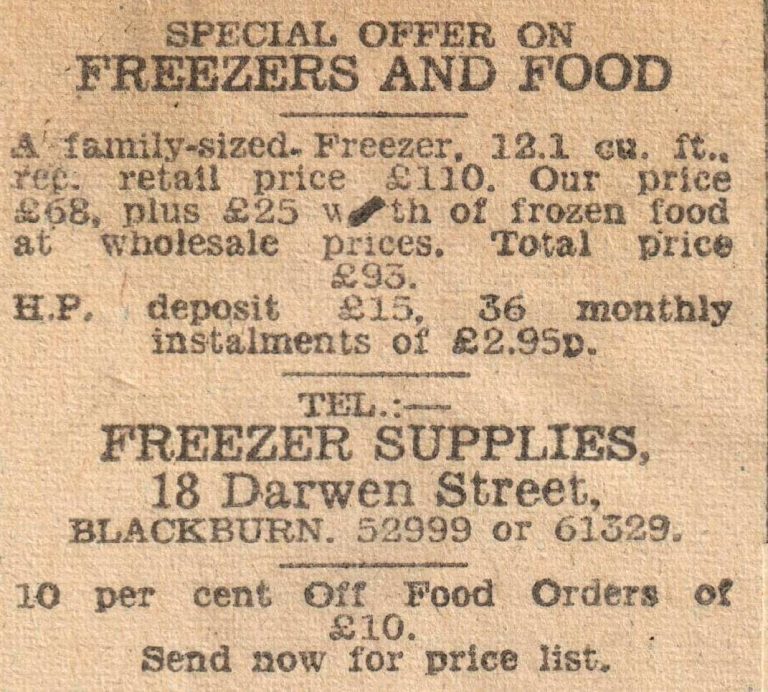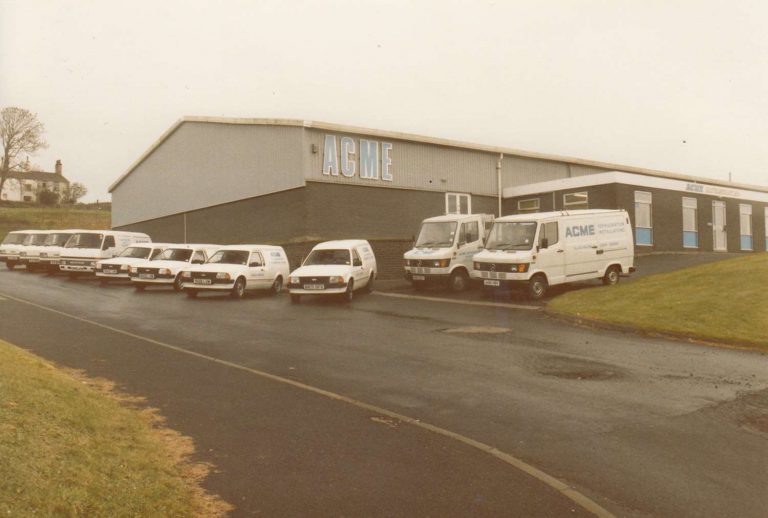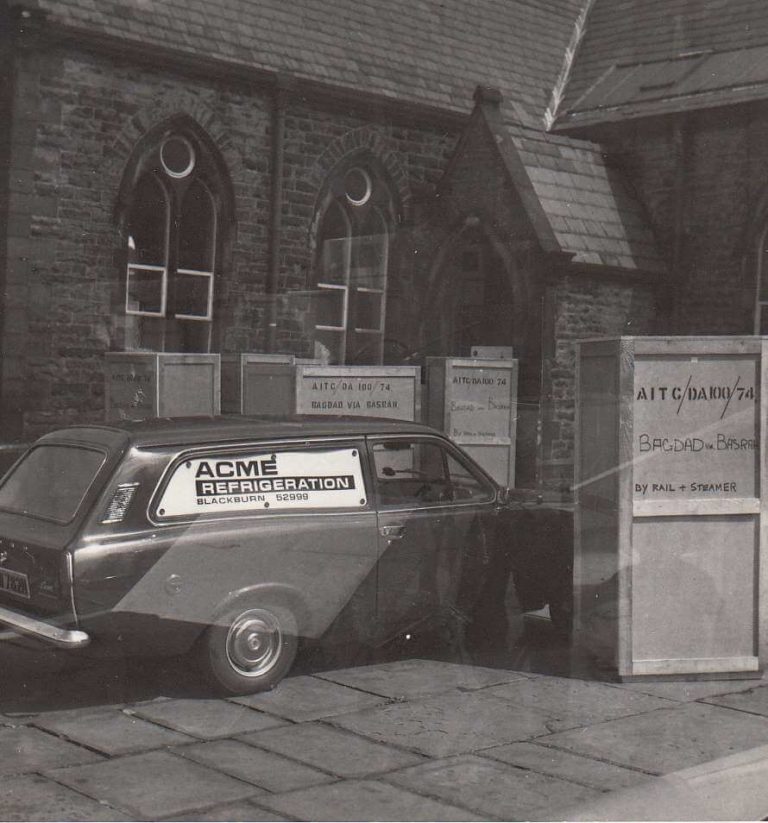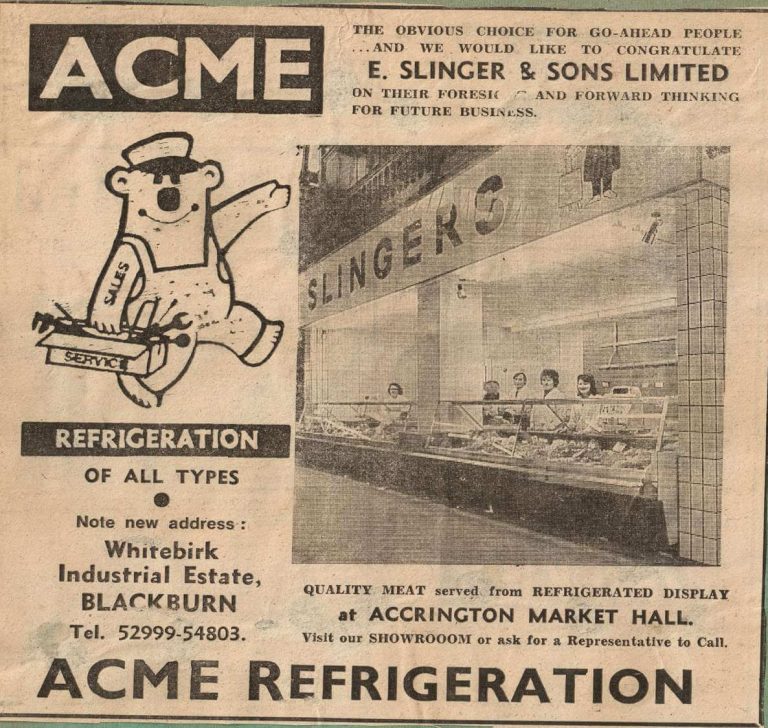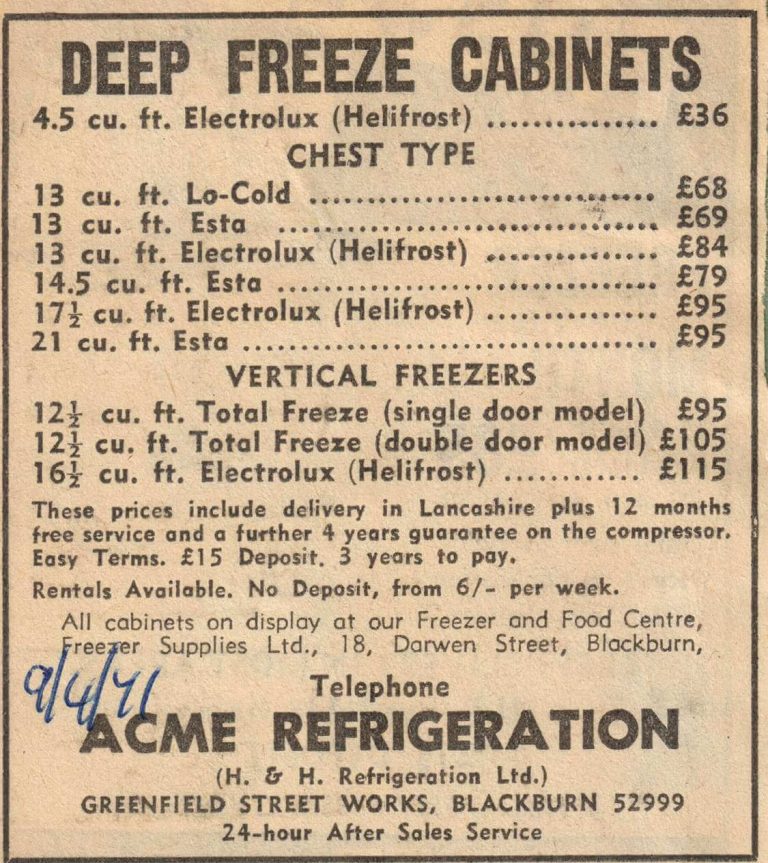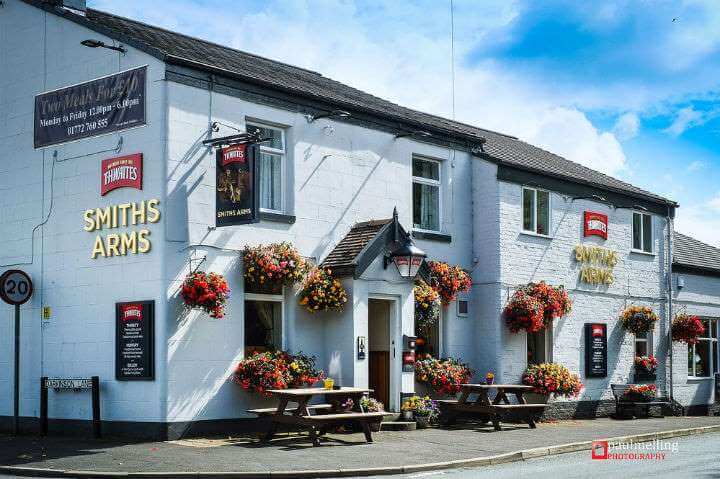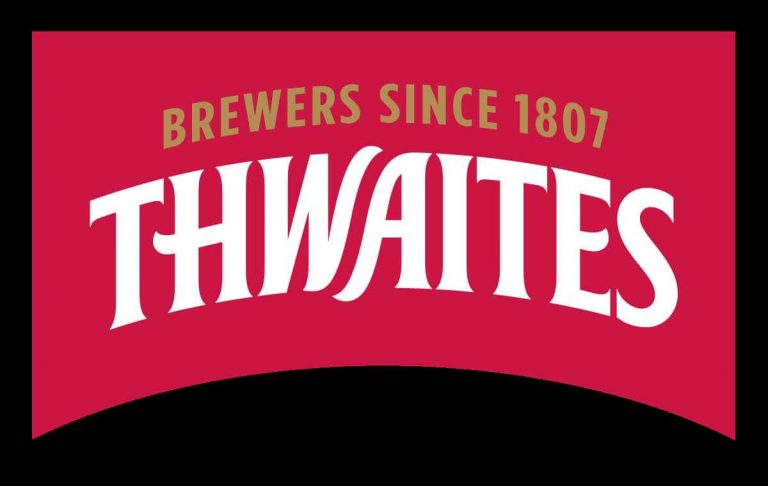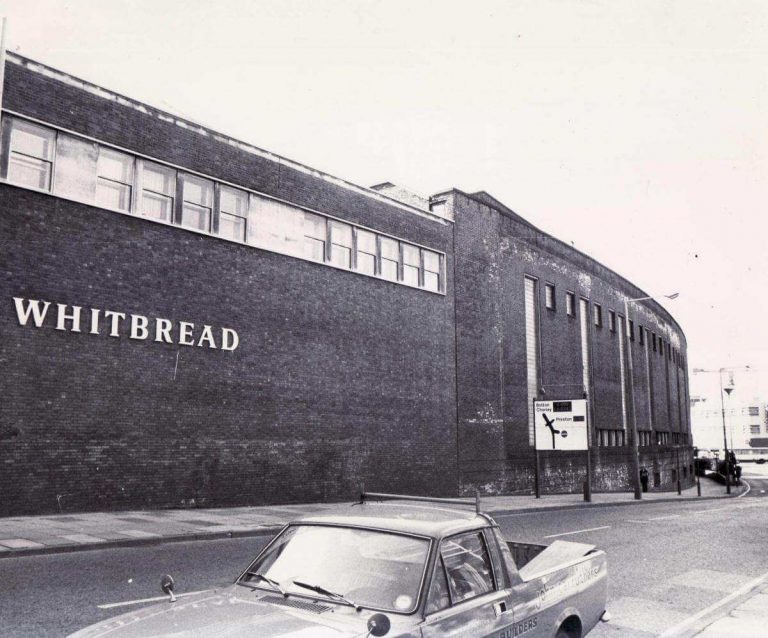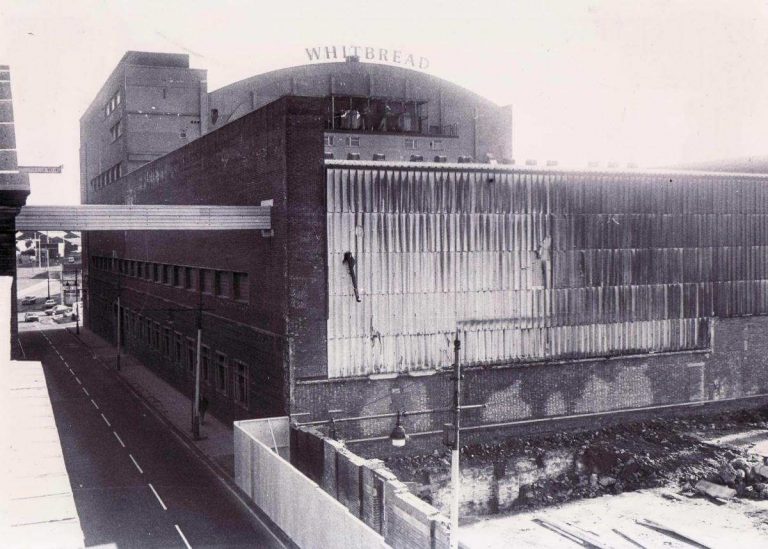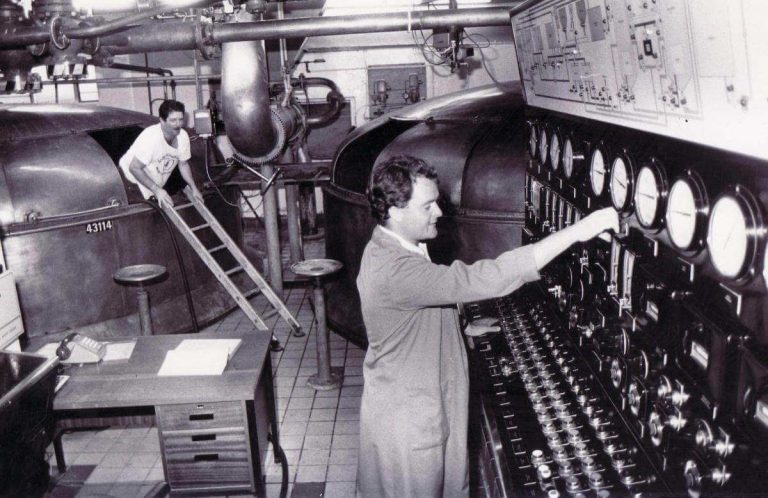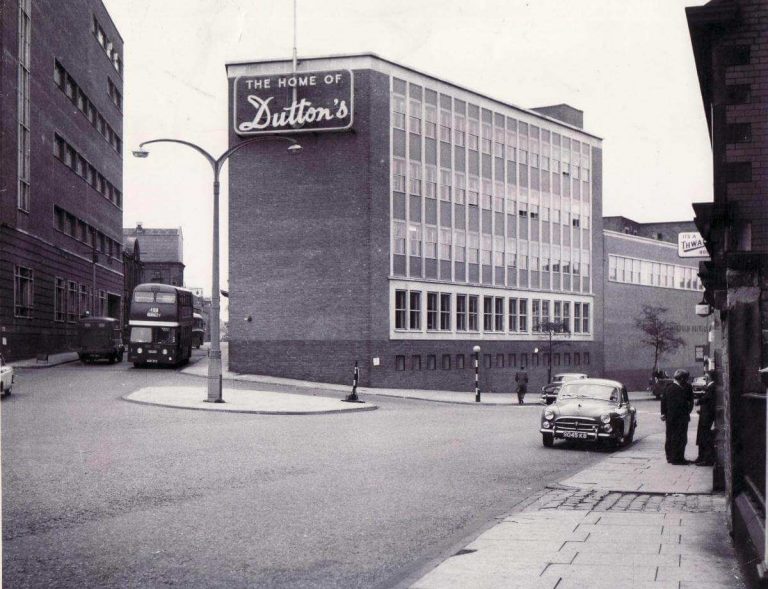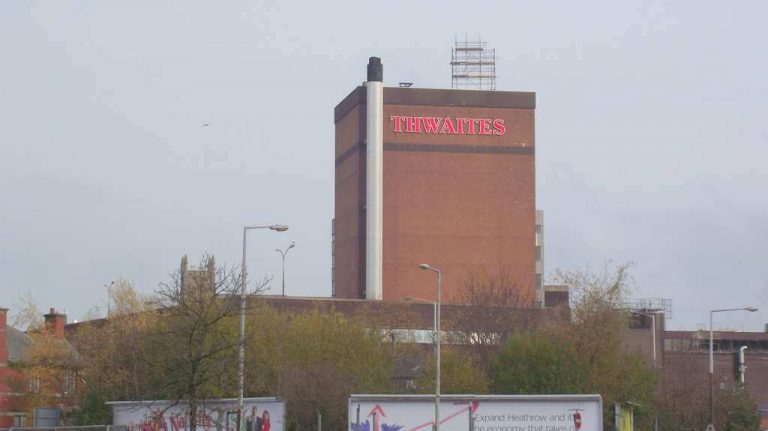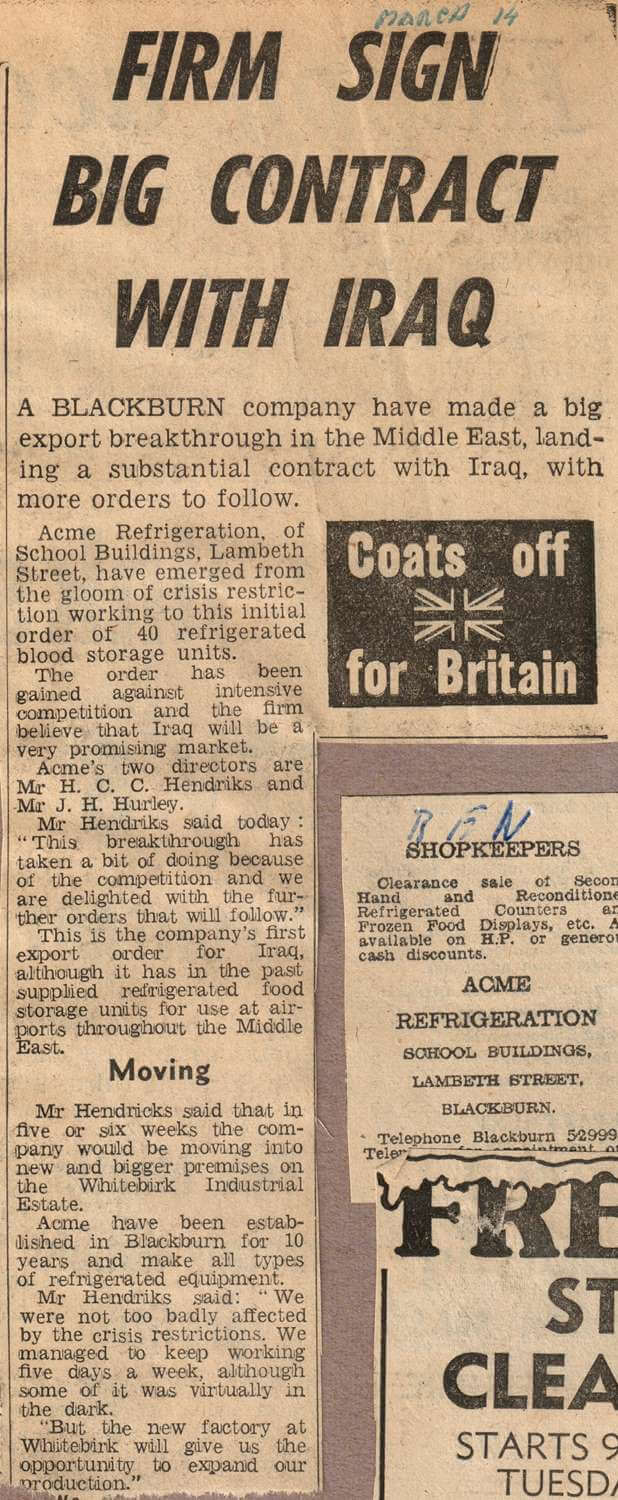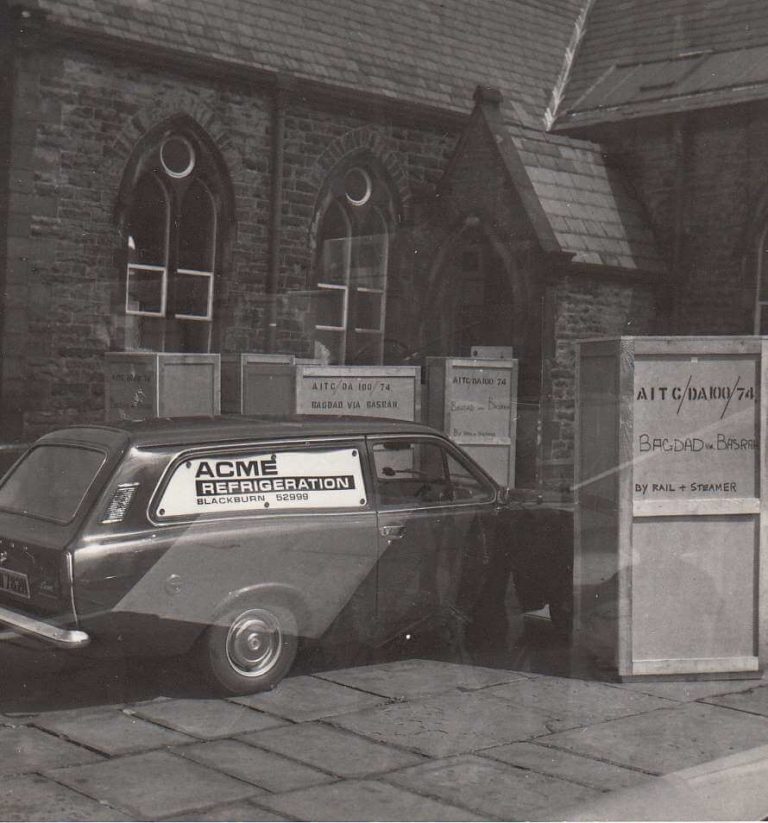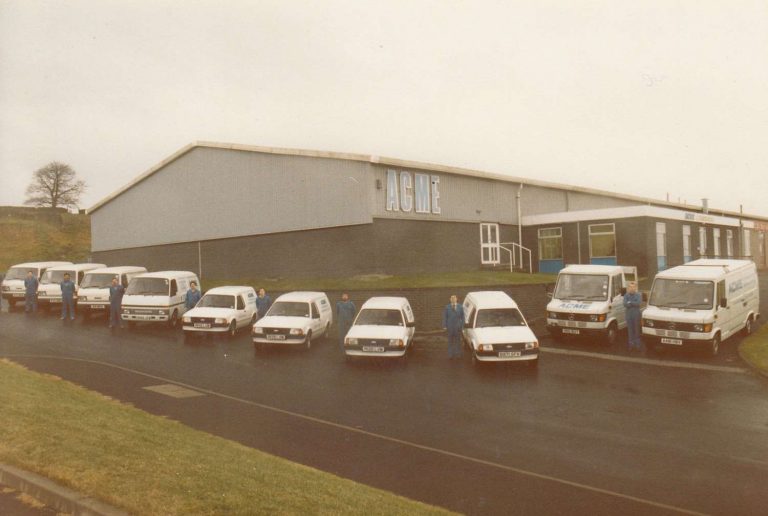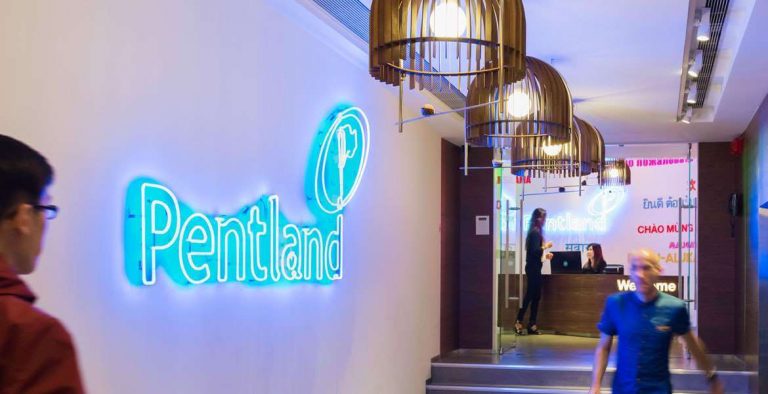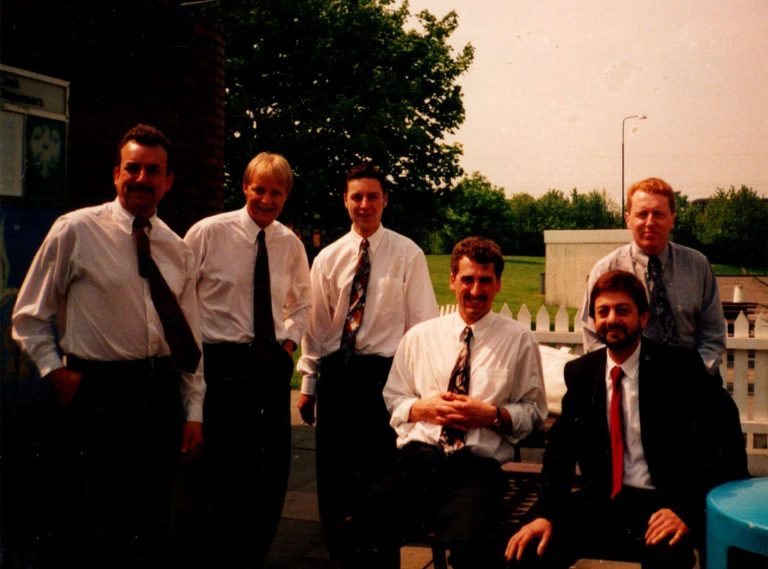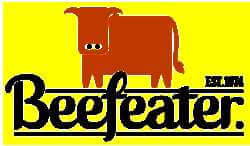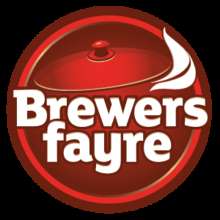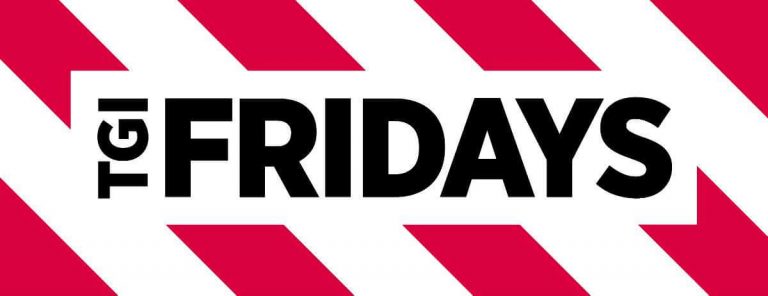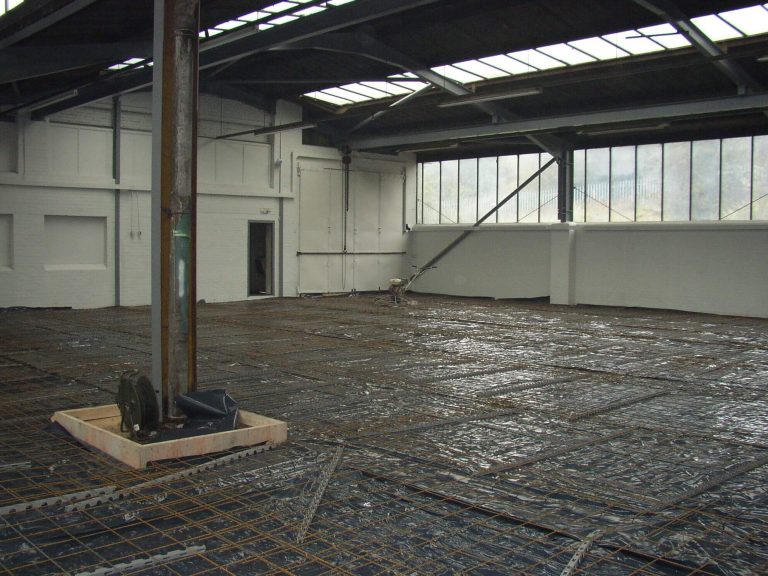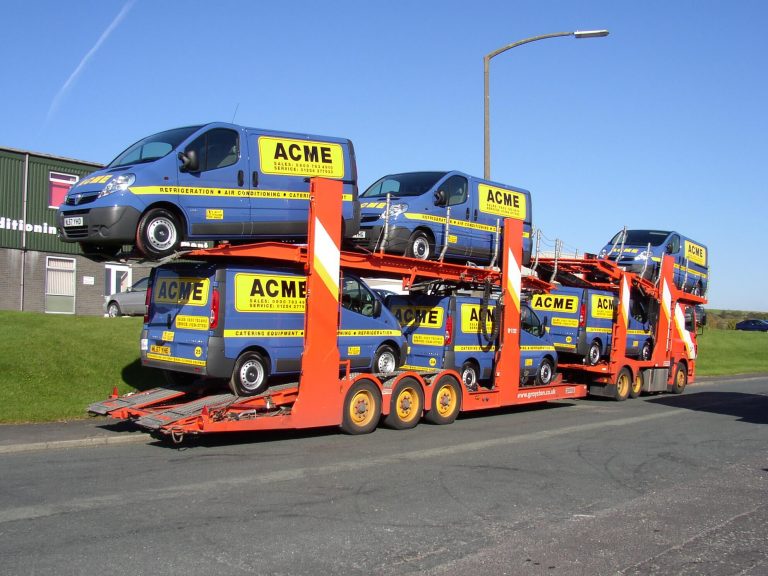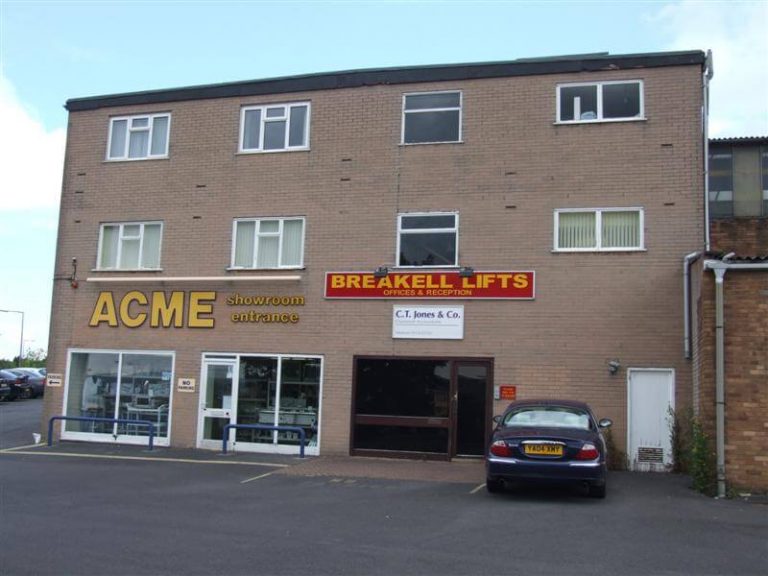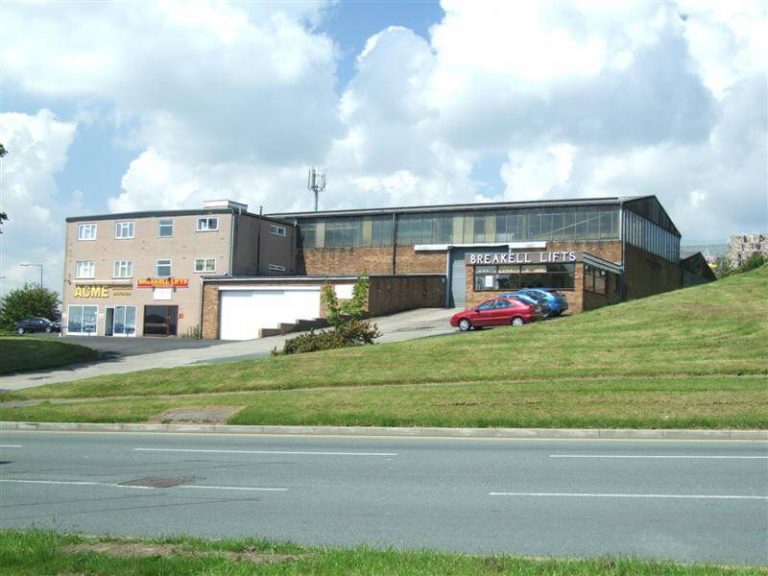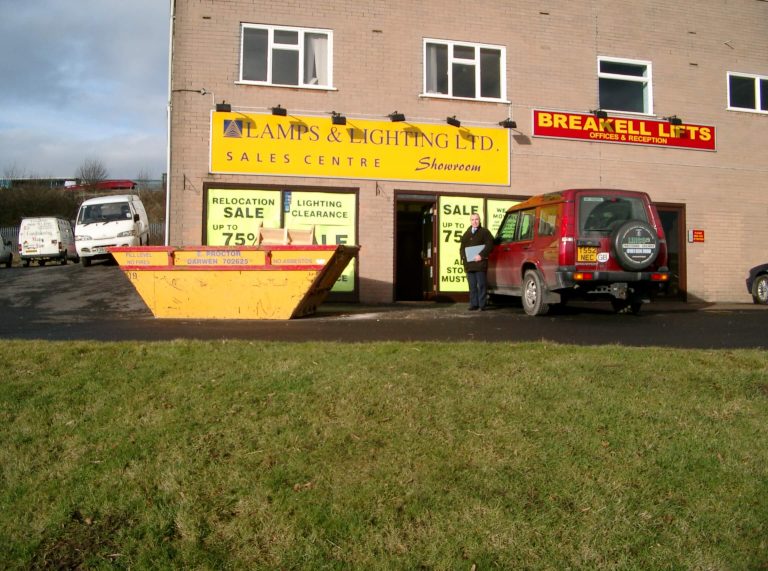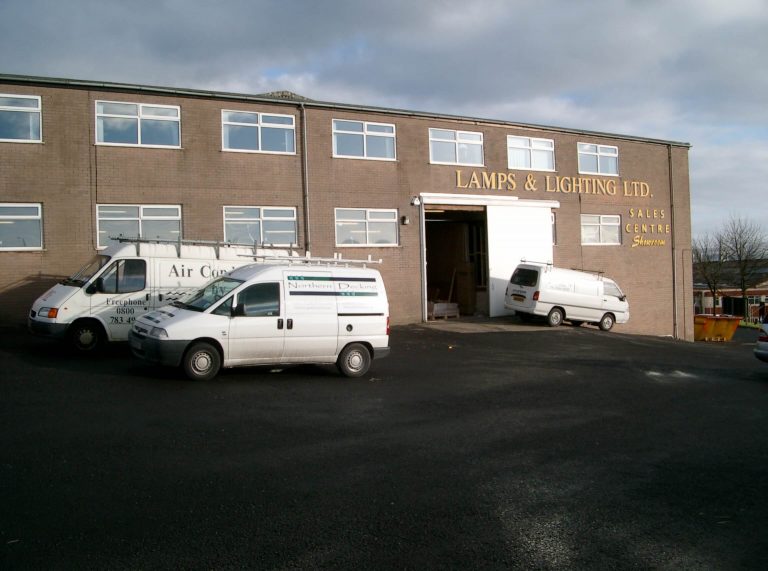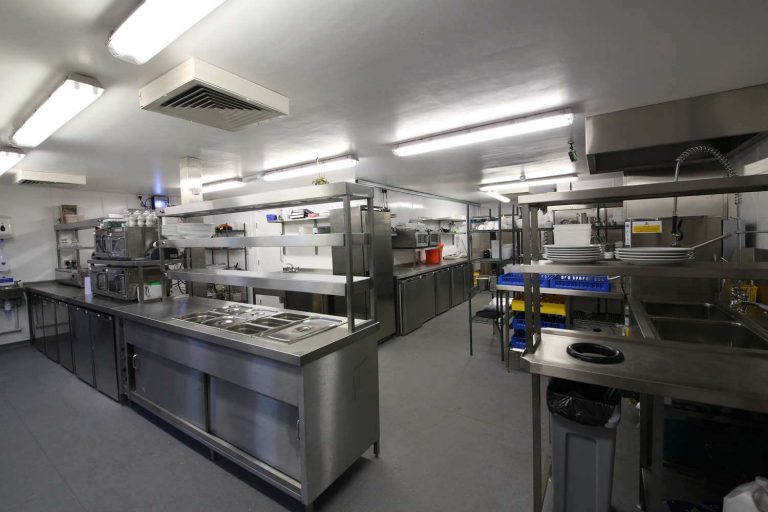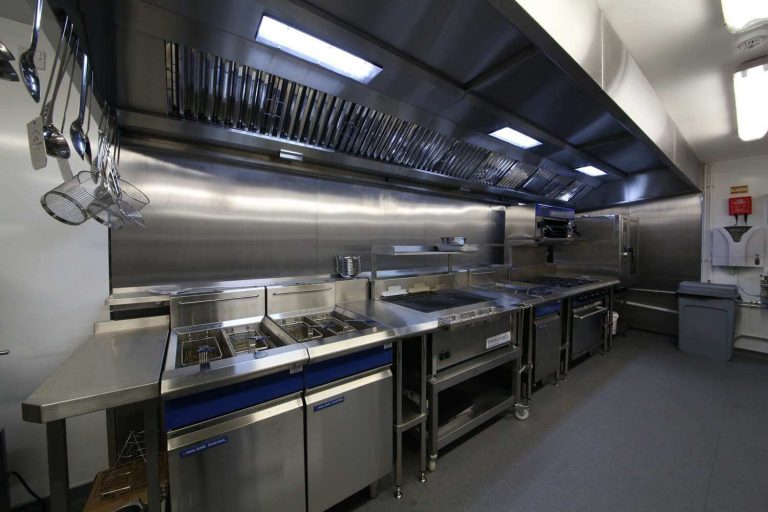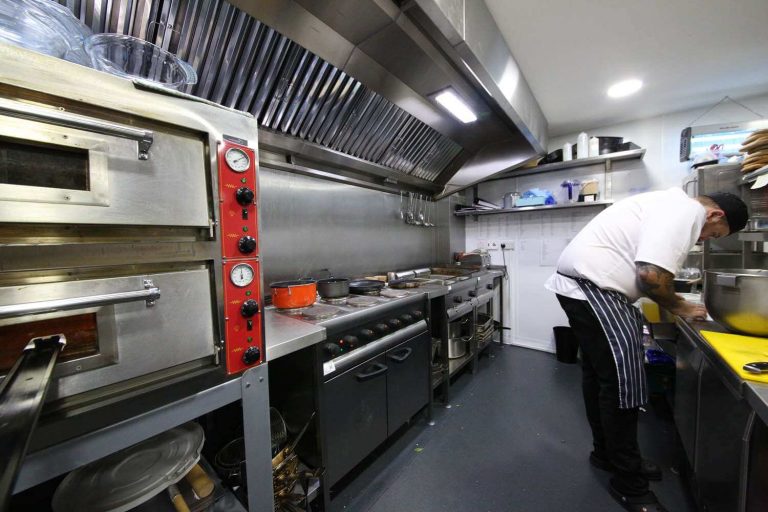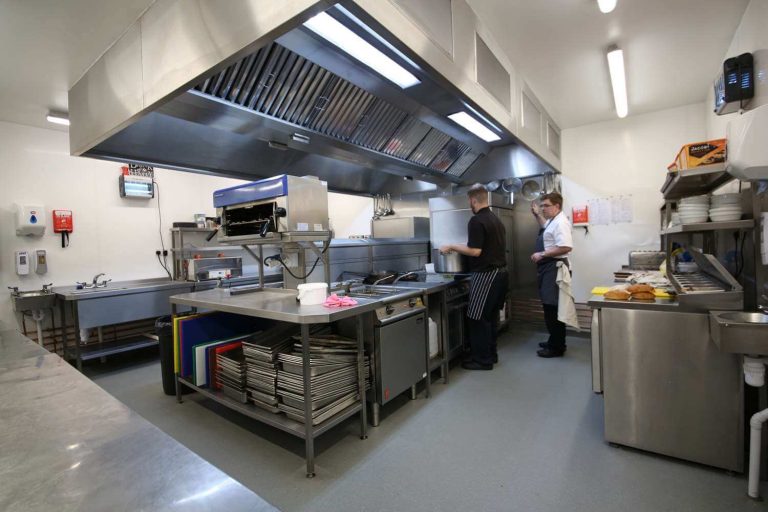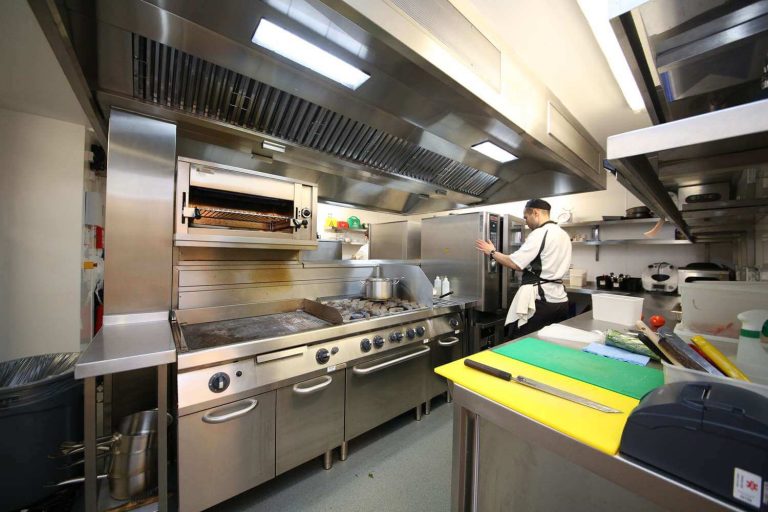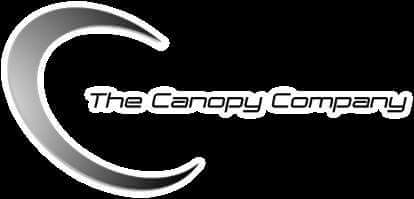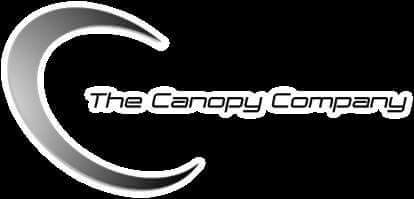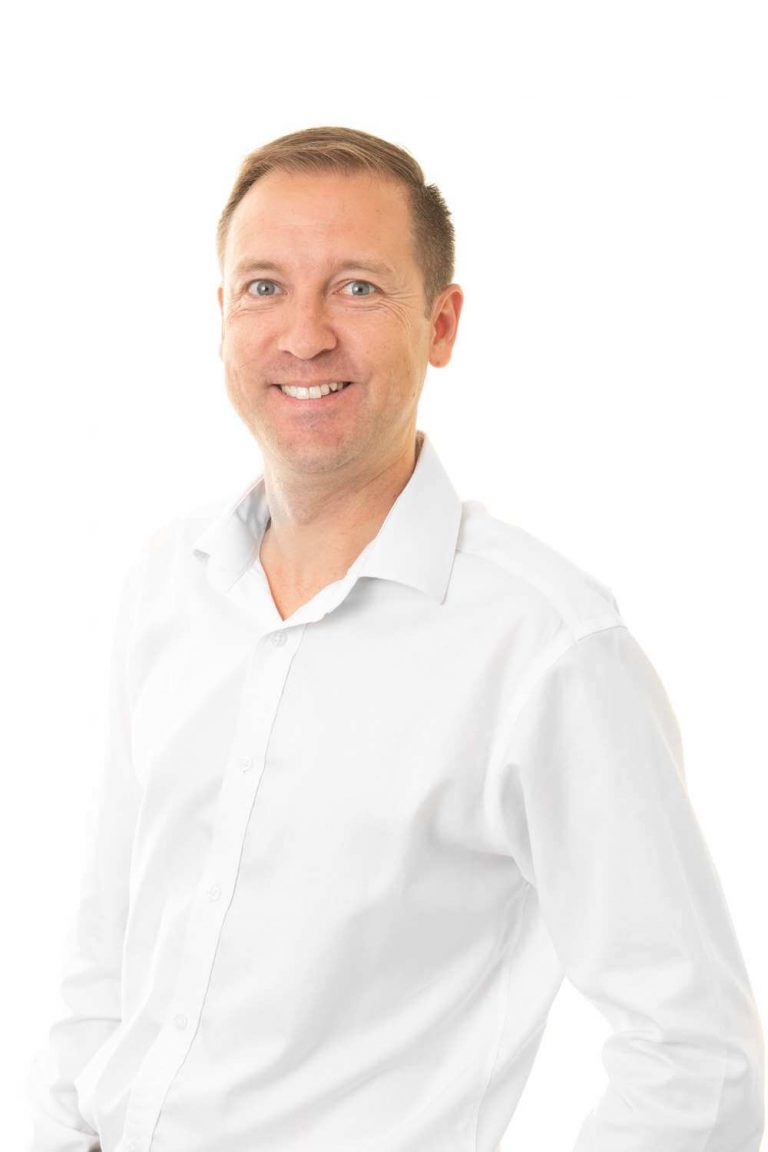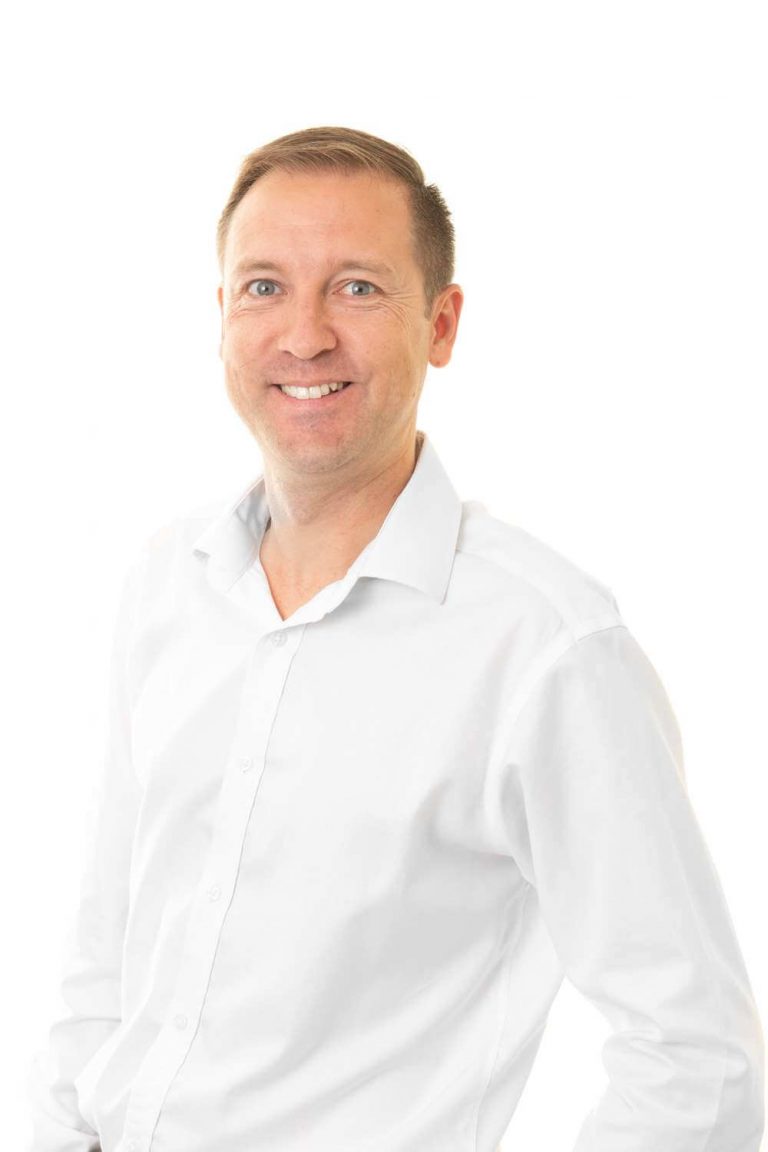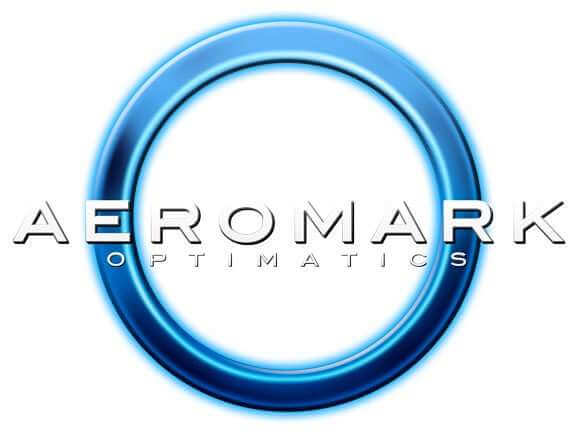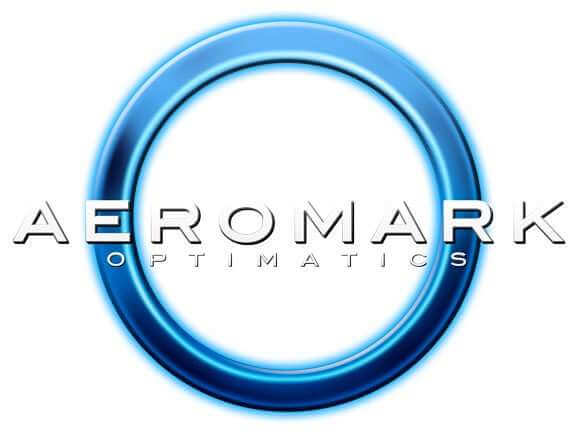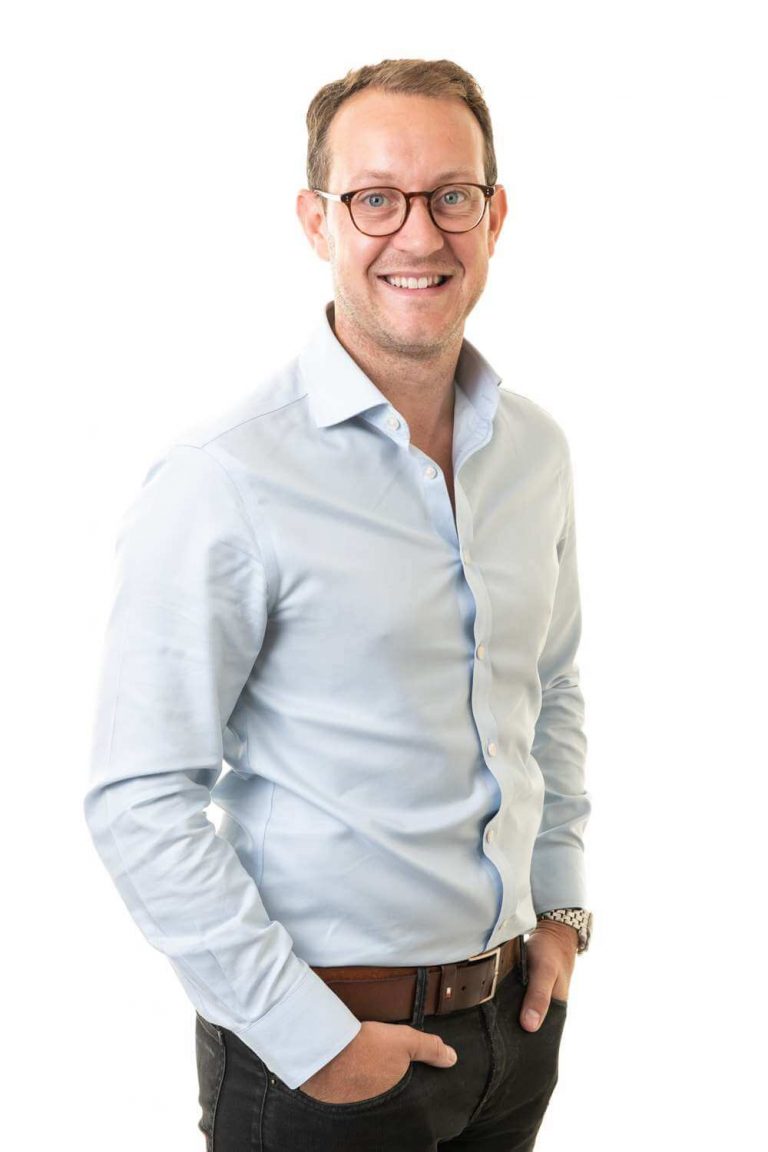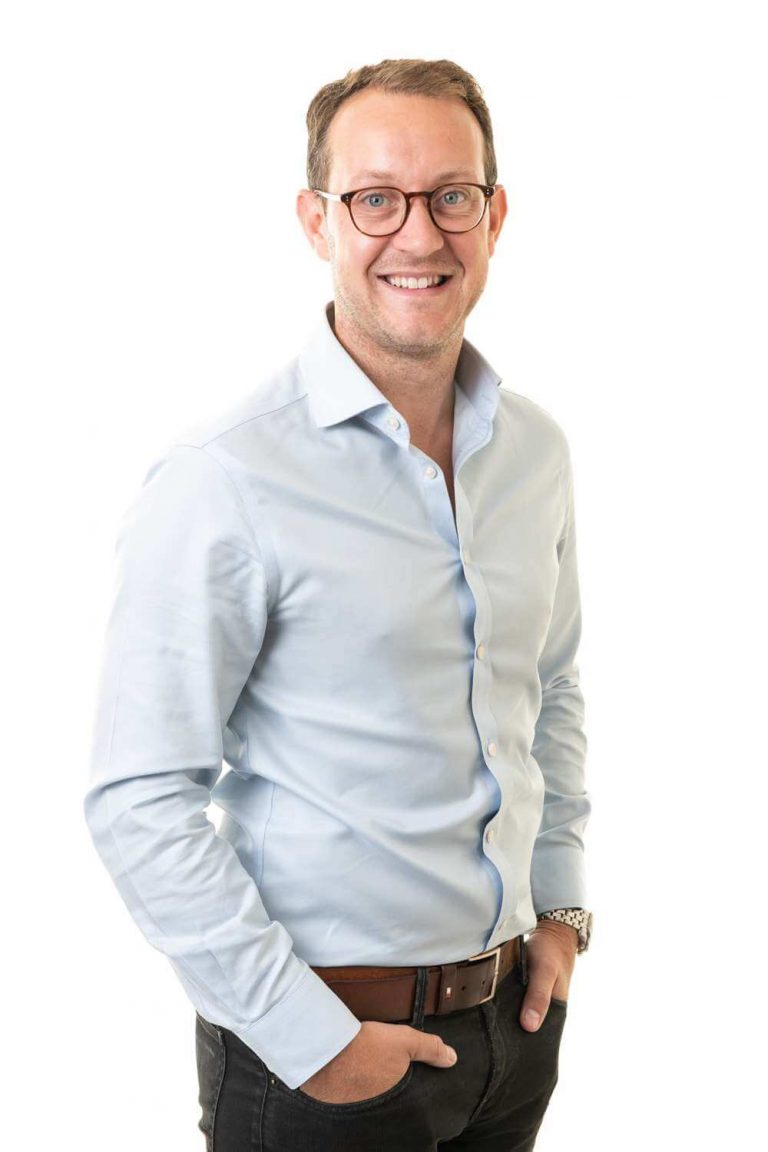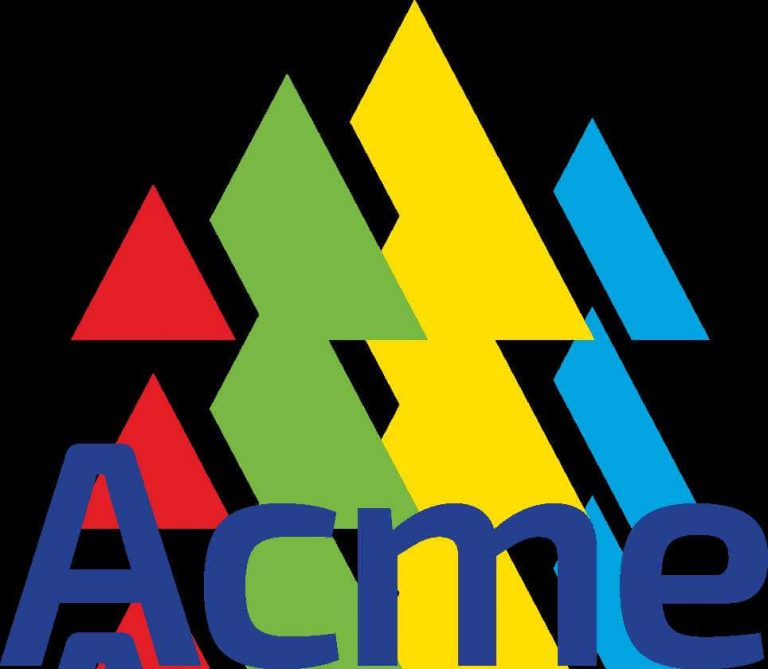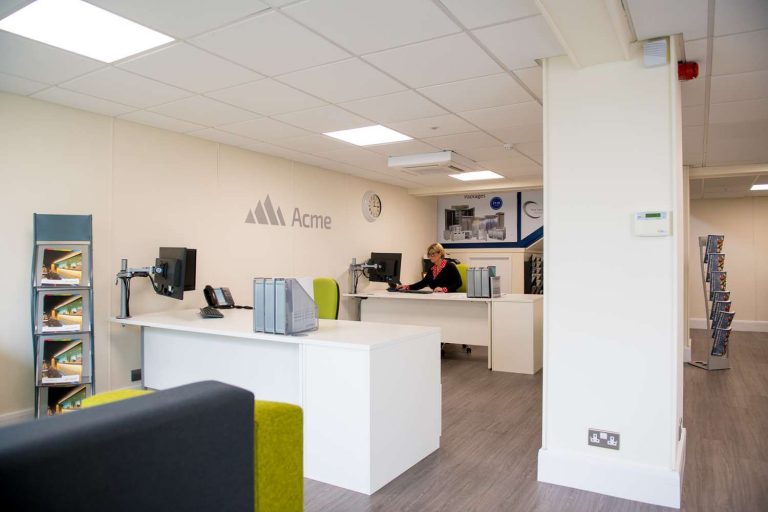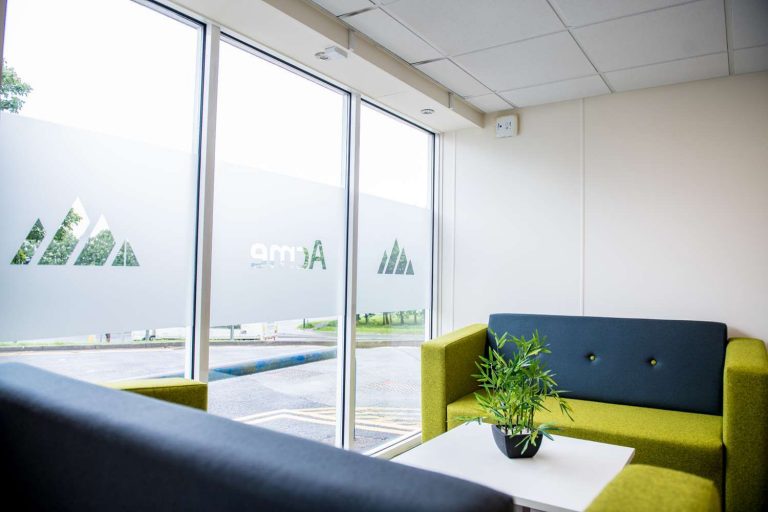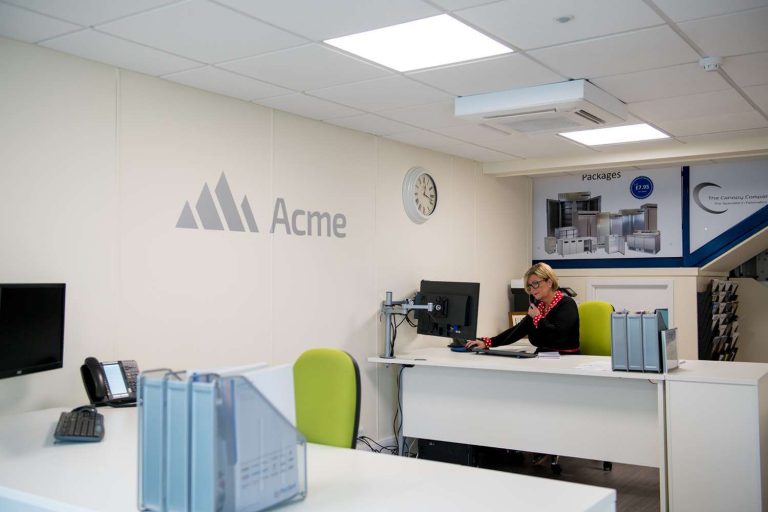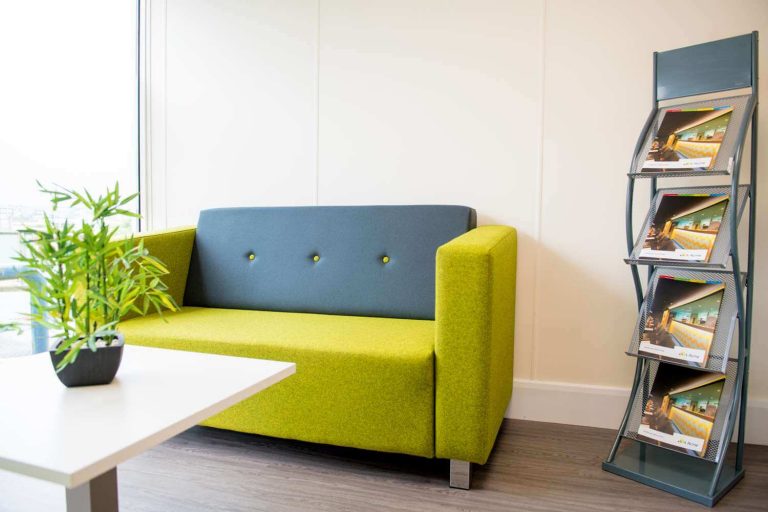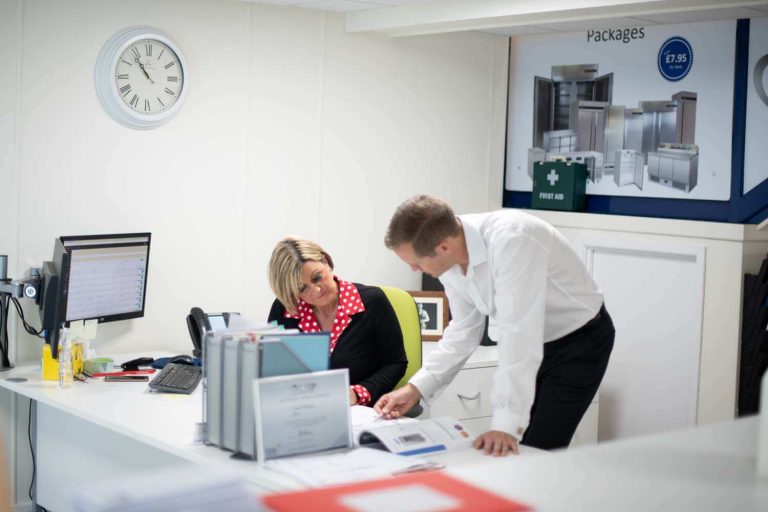Our Story
We are incredibly proud of our 50 year heritage, our story and the innovation that we have delivered throughout our history. Take a look through our timeline to see how we’ve become the industry-leader that we are today.
Click on the timline bars below to discover more.
- 1950 ACME FOUNDERS
- 1965 ACME IS BORN
- 1965-1975 THE EARLY YEARS
- 1969 DANIEL THWAITES CONTRACT
- 1970-1990 THE PUB AND BREWERY ROOM
- 1970 THE BEGINNINGS OF AIR CONDITIONING
- 1974 FIRST SERVICE MANAGER
- 1974 IRAQ BLOOD BANK CONTRACT
- 1976 ACME MOVES PREMISES
- 1980-2000 AIR CONDITIONING EXPANSION
- 1981 CATERING DEPARTMENT ESTABLISHED
- 1983 ACME LAUNCHES RENTALS PROGRAMME
- 1984-1993 ECONOMIES OF SCALE
- 1984 THE PENTLAND GROUP INVESTMENT
- 1989-2005 THE EMERGENCE OF CASUAL DINING & THE GASTROPUB
- 2000-2015 PUBLIC SECTOR GROWTH
- 2003 ACME MOVES INTO ACME HOUSE
- 2004 A NEW MD
- 2004 NEW IT
- 2005 NORTH EAST EXPANSION
- 2007 ACME BUYS ACME HOUSE
- 2008-2018 CATERING PROJECT EXPANSION
- 2012 CHRIS ALLEN JOINS THE BUSINESS
- 2014 ACME ACQUIRES DPL SERVICES
- 2014 ACME NAME CHANGE
- 2015 ACME ACQUIRES SEVERN CATERING SERVICES
- 2015 CHRIS ALLEN BECOMES MD
- 2016 ACME ACQUIRED CANOPY COMPANY
- 2017 ROGER SWANSBURY JOINS ACME
- 2017 NEW IT
- 2018 PAUL KITCHIN JOINS ACME
- 2018 REBRAND
- 2018 PART OFFICE REFURBISHMENT
- ACME'S FUTURE PLAN
- Acme’s future plans are even brighter than it’s past. Acme is mid-way through a five-year development plan and we’re excited for some of the initiatives that are currently in the pipeline – keep your eyes peeled for upcoming announcements on our blog.
Before Acme
1950-1964
The stories of our co-founders – Jim Hurley & Peter Hendricks.
Jim Hurley
Late 1950’s - Jim Hurley finished school at 16 and started working for F Briggs & Sons, a Blackburn company, owned by his brother Clive Hurley. F Briggs was a local refrigeration company that installed & maintained some of the first refrigeration systems in Blackburn businesses. Jim was an apprentice here and this is where he learned his trade.
Early 1960’s – With an expanding refrigeration market, there was room for another business in town. Jim left F Briggs and started up on his own, installing & maintaining refrigeration equipment in local Blackburn Businesses.
Hans Christian Casper Hendricks (aka. Peter Hendricks)
Peter, a Dutchman, worked for several national & international refrigeration companies before settling in Blackburn. He spent time at Fridgidair & Southern & Redfern. Like Jim, Peter started up his own business in Blackburn, installing & maintaining refrigeration equipment to businesses in the town & surrounding areas.
Working together
Jim & Peter were aware of each other, as local competition. They actually helped each other out on big jobs; in the 60’s, equipment was much bigger and bulkier than today. Just changing a compressor was a 2-man job.
Jim & Peter realised that they were a great team and formally started working together in 1964, formally establishing “H&H Refrigeration”, trading as Acme, in 1965.
Jim Hurley
Late 1950’s - Jim Hurley finished school at 16 and started working for F Briggs & Sons, a Blackburn company, owned by his brother Clive Hurley. F Briggs was a local refrigeration company that installed & maintained some of the first refrigeration systems in Blackburn businesses. Jim was an apprentice here and this is where he learned his trade.
Early 1960’s – With an expanding refrigeration market, there was room for another business in town. Jim left F Briggs and started up on his own, installing & maintaining refrigeration equipment in local Blackburn Businesses.
Hans Christian Casper Hendricks (aka. Peter Hendricks)
Peter, a Dutchman, worked for several national & international refrigeration companies before settling in Blackburn. He spent time at Fridgidair & Southern & Redfern. Like Jim, Peter started up his own business in Blackburn, installing & maintaining refrigeration equipment to businesses in the town & surrounding areas.
Working together
Jim & Peter were aware of each other, as local competition. They actually helped each other out on big jobs; in the 60’s, equipment was much bigger and bulkier than today. Just changing a compressor was a 2-man job.
Jim & Peter realised that they were a great team and formally started working together in 1964, formally establishing “H&H Refrigeration”, trading as Acme, in 1965.
Acme is Born
1965
On 10th November 1965, Jim Hurley & Peter Hendricks officially established H&H Refrigeration, trading as Acme.
Their first premises were what can only be described as a ‘shed’ in Mill Hill, Blackburn!
Their first premises were what can only be described as a ‘shed’ in Mill Hill, Blackburn!
The Early Years
1965-1975
Butchers, bakers, markets & the Chest Freezer revolution
Acme started out as a local refrigeration service provider. Our co-founders Jim Hurley & Peter Hendricks installed and maintained refrigeration equipment for local businesses throughout Blackburn & the local area. They served local butchers, bakers and market stalls – basically, any business that needed to refrigerate their produce. Cold rooms & serve-over counters were the most popular. At one point, Acme installed and maintained every refrigeration cabinet on Blackburn Market – one of the biggest and best-renowned markets in the region.
In the early 60’s, Refrigeration was still in its infancy. Only businesses and mid-wealth families had it, and even less had freezers - but that was all about to change.
The Chest Freezer revolution started in the 60’s – people realised that they could go to the butchers, buy an entire leg of lamb & freeze it, rather than buying fresh, smaller cuts every week. Chest freezers became more affordable and grew in use both commercially & domestically.
Acme capitalised on this growth, being one of Blackburns main suppliers of chest freezers – to both the commercial & domestic market. At one point, Acme even opened a high street shop – ran by the wives of Jim & Peter – that sold chest freezers, pre-filled with frozen goods.
The demand for Chest Freezers led to Acme moving to a bigger premises – twice. Firstly, they moved to (the now demolished) Greenfield street in Blackburn in 1969, where Acme rented an old Methodist church & storage unit – largely to make room for more stock of Chest Freezers.
Subsequently, Acme moved to Lambeth Street in Blackburn in 1972, into some old school buildings, to provide yet again more space. This is where they stayed, until the big move to Whitebirk Industrial Estate – Acme’s home to this day.
Acme were shipping Chest Freezers by the container load from Holland & Belgium (through Peter Hendricks contacts). Containers would turn up and have to be unloaded by hand – no fork lift trucks. Engineers, including the recently retired Alan Meats, had the heavy task of unloading and stacking freezers 3-high in storage. They were rewarded with games of football in the empty storage containers when finished!
Acme started out as a local refrigeration service provider. Our co-founders Jim Hurley & Peter Hendricks installed and maintained refrigeration equipment for local businesses throughout Blackburn & the local area. They served local butchers, bakers and market stalls – basically, any business that needed to refrigerate their produce. Cold rooms & serve-over counters were the most popular. At one point, Acme installed and maintained every refrigeration cabinet on Blackburn Market – one of the biggest and best-renowned markets in the region.
In the early 60’s, Refrigeration was still in its infancy. Only businesses and mid-wealth families had it, and even less had freezers - but that was all about to change.
The Chest Freezer revolution started in the 60’s – people realised that they could go to the butchers, buy an entire leg of lamb & freeze it, rather than buying fresh, smaller cuts every week. Chest freezers became more affordable and grew in use both commercially & domestically.
Acme capitalised on this growth, being one of Blackburns main suppliers of chest freezers – to both the commercial & domestic market. At one point, Acme even opened a high street shop – ran by the wives of Jim & Peter – that sold chest freezers, pre-filled with frozen goods.
The demand for Chest Freezers led to Acme moving to a bigger premises – twice. Firstly, they moved to (the now demolished) Greenfield street in Blackburn in 1969, where Acme rented an old Methodist church & storage unit – largely to make room for more stock of Chest Freezers.
Subsequently, Acme moved to Lambeth Street in Blackburn in 1972, into some old school buildings, to provide yet again more space. This is where they stayed, until the big move to Whitebirk Industrial Estate – Acme’s home to this day.
Acme were shipping Chest Freezers by the container load from Holland & Belgium (through Peter Hendricks contacts). Containers would turn up and have to be unloaded by hand – no fork lift trucks. Engineers, including the recently retired Alan Meats, had the heavy task of unloading and stacking freezers 3-high in storage. They were rewarded with games of football in the empty storage containers when finished!
Daniel Thwaites Contract
1969
Acme started working with Daniel Thwaites, the renowned Blackburn brewery, in 1969. Daniel Thwaites are still a customer of Acme’s to this day.
Partnering with Daniel Thwaites was an important milestone in Acme’s history. It signified the main starting point of a move into the brewery trade and the start of our cellar cooling, bar and catering equipment divisions, which are still core to the Acme of today.
Partnering with Daniel Thwaites was an important milestone in Acme’s history. It signified the main starting point of a move into the brewery trade and the start of our cellar cooling, bar and catering equipment divisions, which are still core to the Acme of today.
The Pub & Brewery Boom
1970-1990
Acme went from strength to strength in the fridge & freezer supply business, with strong growth in both the domestic & commercial markets over the next decade. But it was to be our work with pubs & breweries that really took Acme into the next chapter.
Throughout the 1900’s, Blackburn was the centre of the beer-brewing industry. Home to Thwaites’s famous brewery, the Blackburn Brewing Company (latter Duttons Brewery), Lions Brewery, Whitbread and many others, it became Lancashires honeypot for great beer. This industry was to give Acme its biggest growth opportunity, as the company found out in the 70’s and 80’s.
In the 70’s, pubs were undergoing a transformation. Independent pubs were getting bought-out by breweries, and pubs and social clubs were becoming even more popular. Pubs started to become full entertainment venues, with live music, bar food and a wider selection of beverages.
Lager became popular in the 1970’s, as did carbonated soft drinks. The demand for these two types of drink was to entirely change the type of technology required within pubs, with a new focus on keeping drinks ice-cold and refreshing. This change revolved around refrigeration, and Acme were poised to deliver that change.
As breweries bought out smaller pubs, they initiated programmes to bring them up to new standards, ensuring they all had cellar coolers, ice machines, bottle coolers, glass washers and even basic food cooking equipment (e.g. microwaves).
Pubs were different outfits before this time. Whilst cellar coolers had been around for several years before Acme began, they only became mainstream from the late 50’s onwards. Previous to that, cellars relied on their natural below-ground temperature to keep beer cool. During summer, your beer was warm, and that was that.
Post-mix soft drinks simply didn’t exist. Drinks didn’t come with ice. Glasses were washed by hand. Bottles were stored on room-temperature shelves, with a select few kept on ‘cold shelves’ (which were, in short, rubbish). Pubs evolved, and Acme found themselves delivering swathes of cellar cooling installs, bottle coolers and other cooling equipment. Ice machines, glasswashers and microwaves followed shortly after, enabling pubs to increase capacity, serve more customers and provide basic food options.
Ice machines, glasswashers and microwaves were not only the start of Acme’s catering department, but the start of our famous equipment rental programme.
As the brewery trade was a healthy industry, there were plenty of mergers and acquisitions between 1970 & 1990. Breweries bought other breweries, and key personnel moved around and worked for their competitors. As such, the Acme name travelled further afield, and our reputation for quality service led us to work for breweries outside of the Lancashire region. From Scottish & Newcastle in the North East, to Bass in the South, Acme’s operations took their first step to becoming truly national.
Throughout the 1900’s, Blackburn was the centre of the beer-brewing industry. Home to Thwaites’s famous brewery, the Blackburn Brewing Company (latter Duttons Brewery), Lions Brewery, Whitbread and many others, it became Lancashires honeypot for great beer. This industry was to give Acme its biggest growth opportunity, as the company found out in the 70’s and 80’s.
In the 70’s, pubs were undergoing a transformation. Independent pubs were getting bought-out by breweries, and pubs and social clubs were becoming even more popular. Pubs started to become full entertainment venues, with live music, bar food and a wider selection of beverages.
Lager became popular in the 1970’s, as did carbonated soft drinks. The demand for these two types of drink was to entirely change the type of technology required within pubs, with a new focus on keeping drinks ice-cold and refreshing. This change revolved around refrigeration, and Acme were poised to deliver that change.
As breweries bought out smaller pubs, they initiated programmes to bring them up to new standards, ensuring they all had cellar coolers, ice machines, bottle coolers, glass washers and even basic food cooking equipment (e.g. microwaves).
Pubs were different outfits before this time. Whilst cellar coolers had been around for several years before Acme began, they only became mainstream from the late 50’s onwards. Previous to that, cellars relied on their natural below-ground temperature to keep beer cool. During summer, your beer was warm, and that was that.
Post-mix soft drinks simply didn’t exist. Drinks didn’t come with ice. Glasses were washed by hand. Bottles were stored on room-temperature shelves, with a select few kept on ‘cold shelves’ (which were, in short, rubbish). Pubs evolved, and Acme found themselves delivering swathes of cellar cooling installs, bottle coolers and other cooling equipment. Ice machines, glasswashers and microwaves followed shortly after, enabling pubs to increase capacity, serve more customers and provide basic food options.
Ice machines, glasswashers and microwaves were not only the start of Acme’s catering department, but the start of our famous equipment rental programme.
As the brewery trade was a healthy industry, there were plenty of mergers and acquisitions between 1970 & 1990. Breweries bought other breweries, and key personnel moved around and worked for their competitors. As such, the Acme name travelled further afield, and our reputation for quality service led us to work for breweries outside of the Lancashire region. From Scottish & Newcastle in the North East, to Bass in the South, Acme’s operations took their first step to becoming truly national.
The beginnings of Air Conditioning
1970
Air conditioning was available from the 1960’s, but it wasn’t until the 70’s where Acme’s air conditioning story really started. It’s a story of high-end expensive cars and luxury house installations.
Air conditioning was strictly for the wealthy in the 70’s. There were certain businesses that required it, such as paper mills and other specialised industries. Acme carried out several installations of this kind in the 70’s, but where we started getting reasonable repeating business was that of luxury homes and cars.
Blackburn’s industry was booming and business owners brought some luxurious cars to Lancashire’s roads. These new cars started to feature air conditioning and Acme, somewhat accidentally, became a local specialist in luxury car AC maintenance. AC systems in car’s weren’t like those of today – they were prone to refrigerant leaks and needed to be re-gassed every year to stay functional. Acme routinely took in high-end cars throughout the 70’s, and only stopped doing so once the market became more saturated and car garages became more capable.
Acme also fitted various luxury houses with air conditioning systems, including that of a local Blackburn Mill owner, rumoured to be the wealthiest man in Blackburn. We fitted an air conditioning system in his swimming pool, so his windows wouldn’t steam up.
Air conditioning started to become commonplace in businesses and retail stores throughout the 1980’s and 90’s, and our installation and maintenance portfolio gradually grew, building the foundations for Acme’s air conditioning teams of today.
Air conditioning was strictly for the wealthy in the 70’s. There were certain businesses that required it, such as paper mills and other specialised industries. Acme carried out several installations of this kind in the 70’s, but where we started getting reasonable repeating business was that of luxury homes and cars.
Blackburn’s industry was booming and business owners brought some luxurious cars to Lancashire’s roads. These new cars started to feature air conditioning and Acme, somewhat accidentally, became a local specialist in luxury car AC maintenance. AC systems in car’s weren’t like those of today – they were prone to refrigerant leaks and needed to be re-gassed every year to stay functional. Acme routinely took in high-end cars throughout the 70’s, and only stopped doing so once the market became more saturated and car garages became more capable.
Acme also fitted various luxury houses with air conditioning systems, including that of a local Blackburn Mill owner, rumoured to be the wealthiest man in Blackburn. We fitted an air conditioning system in his swimming pool, so his windows wouldn’t steam up.
Air conditioning started to become commonplace in businesses and retail stores throughout the 1980’s and 90’s, and our installation and maintenance portfolio gradually grew, building the foundations for Acme’s air conditioning teams of today.
Acme hires first Service Manager
1974
The roots of our service department can be traced back to 1974, when Acme hired its first service manager.
Acme’s service portfolio – and engineer headcount - had increased substantially in the 10 years since its inception. Acme now had over 20 members of staff and a flourishing service department. Customer numbers had increased drastically and it simply became too much for Peter & Jim to manage the service teams on their own. So in came Alan Meats, Acme’s first service manager. Acme now has multiple service managers, which manage our much expanded service desk. Alan retired from Acme in 2018 after 40+ years’ service.
Acme’s service portfolio – and engineer headcount - had increased substantially in the 10 years since its inception. Acme now had over 20 members of staff and a flourishing service department. Customer numbers had increased drastically and it simply became too much for Peter & Jim to manage the service teams on their own. So in came Alan Meats, Acme’s first service manager. Acme now has multiple service managers, which manage our much expanded service desk. Alan retired from Acme in 2018 after 40+ years’ service.
The Iraq Blood-Bank Contract
1974
In 1974, Acme won a large contract for the Iraqi government, to manufacture and supply a large number of refrigerated blood banks for use in hospitals throughout the country. This was an iconic piece of work for Acme, as it provided the capital and impetus for their next move: to Whitebirk Industrial Estate.
Iraq struck oil in the 1970’s and had a dramatic growth in the refining industry and their economy in general. Living standards and healthcare improved rapidly and the government expanded their infrastructure to achieve this.
Acme were delighted to be chosen by the Iraq government to manufacture and provide 100 new blood banks that were to be used in hospitals throughout the country. These were manufactured at Lambeth Road, but Acme soon realised that this space wasn’t big enough.
The demand for this job, and the capital gained from it, meant that Acme could make the jump and buy their own premises. On 10th September 1976, Acme moved into their purpose-built premises on Cundliffe Road, Whitebirk Industrial Estate.
Iraq struck oil in the 1970’s and had a dramatic growth in the refining industry and their economy in general. Living standards and healthcare improved rapidly and the government expanded their infrastructure to achieve this.
Acme were delighted to be chosen by the Iraq government to manufacture and provide 100 new blood banks that were to be used in hospitals throughout the country. These were manufactured at Lambeth Road, but Acme soon realised that this space wasn’t big enough.
The demand for this job, and the capital gained from it, meant that Acme could make the jump and buy their own premises. On 10th September 1976, Acme moved into their purpose-built premises on Cundliffe Road, Whitebirk Industrial Estate.
Acme moves to Whitebirk Industrial Estate
1976
On 10th September 1976, Acme moved to into their purpose-built premises in Whitebirk Industrial Estate. This move put Acme firmly on the map and was a far cry from the Lambeth Street premises that they were leaving. Whitebirk provided the foundations for the business to come, with a substantial increase in floor space, a full showroom and a large warehouse. Whilst Acme have since moved buildings, Whitebirk Indsutrial Estate remains its home to this very day.
Air Conditioning Expansion
1980-2000
Throughout the 80’s & 90’s, Air Conditioning became an important part of Acme’s portfolio, largely due to the increase in use throughout offices, retail outlets and public buildings.
Air conditioning became much more commonplace throughout the 80’s & 90’s. Office blocks, retail outlets and public buildings all started to require it, and Acme was perfectly placed to deliver.
Acme started installing what are now known as ‘split systems’ in this period, with wall-mounted and ceiling-mounted cassettes becoming more common. Based on refrigeration technology, AC fitted perfectly into Acme’s already established portfolio and the same engineers with similar skillsets were able to install and service equipment.
Our department grew with several key contracts from companies like Thomas Cook, who commissioned Acme to refit air conditioning equipment in their travel agent stores on a rolling programme.
Air conditioning is now a well-established and strong part of Acme’s portfolio, with customers including JD Sports, Royal Mail and hundreds of private and public organisations nationwide.
Air conditioning became much more commonplace throughout the 80’s & 90’s. Office blocks, retail outlets and public buildings all started to require it, and Acme was perfectly placed to deliver.
Acme started installing what are now known as ‘split systems’ in this period, with wall-mounted and ceiling-mounted cassettes becoming more common. Based on refrigeration technology, AC fitted perfectly into Acme’s already established portfolio and the same engineers with similar skillsets were able to install and service equipment.
Our department grew with several key contracts from companies like Thomas Cook, who commissioned Acme to refit air conditioning equipment in their travel agent stores on a rolling programme.
Air conditioning is now a well-established and strong part of Acme’s portfolio, with customers including JD Sports, Royal Mail and hundreds of private and public organisations nationwide.
Catering Department Established
1981
Acme’s refrigeration and air conditioning business grew rapidly throughout the 70’s and 80’s, but 1981 was a substantial marker. It was the official beginning of the Acme catering department.
Acme began supplying catering equipment to businesses in the late 1970’s. This was largely in demand to an increase in drinking and dining out, with the British public enjoying more and more time in pubs, with drinks and basic meals becoming popular. It got to the point in 1981 where Acme realised that our catering equipment business required its own division. Our teams were receiving high-levels of catering related calls and we needed a catering department, with engineers, vans and specialist training. So, amongst others, in-came our first ever catering engineer: Graham Morris. After nearly 40 years of service, Graham still works for Acme today, but has progressed onto becoming Acme’s Sales Manager. Graham deals with some of our most important accounts and many customers reading this will recognise his name, either through their dealings with him during his time as an engineer, or during his time in sales.
Graham was closely followed by Andy Threlfall, another long-serving member of staff who has now progressed into Technical Manager for the wider group. Andy quickly became Acme’s centre of technical knowledge, with Acme’s catering department building around him. He was also our first gas-qualified engineer, became our resident ‘microwave expert’ (microwaves weren’t as disposable back then!), and achieved Acme’s first NICEIC & BSI/ISO qualifications. Andy now leads technical operations throughout the group, managing relationships with manufacturers throughout Europe & China.
Acme were an early adopter and soon established franchises with leading brands such as Phillips and Whirlpool, having either regional or national exclusivity for sales. We helped bring various products to market and this exclusivity gave us further national growth, with calls coming in nationwide for servicing, supply and installations.
Our catering division has grown from strength to strength, becoming the 24/7/365, award-winning department that it is today. Find out more about our catering installs and catering service.
Acme began supplying catering equipment to businesses in the late 1970’s. This was largely in demand to an increase in drinking and dining out, with the British public enjoying more and more time in pubs, with drinks and basic meals becoming popular. It got to the point in 1981 where Acme realised that our catering equipment business required its own division. Our teams were receiving high-levels of catering related calls and we needed a catering department, with engineers, vans and specialist training. So, amongst others, in-came our first ever catering engineer: Graham Morris. After nearly 40 years of service, Graham still works for Acme today, but has progressed onto becoming Acme’s Sales Manager. Graham deals with some of our most important accounts and many customers reading this will recognise his name, either through their dealings with him during his time as an engineer, or during his time in sales.
Graham was closely followed by Andy Threlfall, another long-serving member of staff who has now progressed into Technical Manager for the wider group. Andy quickly became Acme’s centre of technical knowledge, with Acme’s catering department building around him. He was also our first gas-qualified engineer, became our resident ‘microwave expert’ (microwaves weren’t as disposable back then!), and achieved Acme’s first NICEIC & BSI/ISO qualifications. Andy now leads technical operations throughout the group, managing relationships with manufacturers throughout Europe & China.
Acme were an early adopter and soon established franchises with leading brands such as Phillips and Whirlpool, having either regional or national exclusivity for sales. We helped bring various products to market and this exclusivity gave us further national growth, with calls coming in nationwide for servicing, supply and installations.
Our catering division has grown from strength to strength, becoming the 24/7/365, award-winning department that it is today. Find out more about our catering installs and catering service.
Acme launches Rentals programme
1983
Acmes equipment rental programme is one of our most popular programmes amongst our customers for procuring new equipment, but it’s nothing new. Acme started renting equipment in 1983, to the pub trade.
The brewery boom of the late 70’s and 80’s meant that pubs everywhere were being fitted with ice machines, bottle coolers and glasswashers. Jim Hurley, Acme’s co-founder, noticed that some glasswasher detergent providers were offering glasswasher equipment on low monthly rentals. Landlords and business owners were used to renting various equipment and it got Jim thinking – why don’t we do that? And not just for glasswashers, but all catering and refrigeration equipment? Low and behold, our rental division was born. The rest, as they say, is history. Our equipment rentals are still going strong today – find our more here.
The brewery boom of the late 70’s and 80’s meant that pubs everywhere were being fitted with ice machines, bottle coolers and glasswashers. Jim Hurley, Acme’s co-founder, noticed that some glasswasher detergent providers were offering glasswasher equipment on low monthly rentals. Landlords and business owners were used to renting various equipment and it got Jim thinking – why don’t we do that? And not just for glasswashers, but all catering and refrigeration equipment? Low and behold, our rental division was born. The rest, as they say, is history. Our equipment rentals are still going strong today – find our more here.
The Pentland Group investment & Peter Hendricks Exit
1984
In 1984, Acme were approached by Pentland Group offering to invest in the company to propel its growth. This was well-timed, as Peter Hendricks, one of Acme’s co-founders, wished to retire due to ill health. So, after nearly 20 years as an owner-managed business, Acme decided to open the door to external investment. Pentland invested in Acme and became our parent company – which they are to this day. Peter retired in late 1984.
Pentland Group started life as an independent shoe store based in Liverpool in 1932. Today, they are a £3.2bn turnover investment company, responsible for brands such as Speedo, Berghaus & Mitre.
Pentland chose to invest in Acme at the same time as making other investments in brands throughout the world, including Reebok, Ellesse & Kickers. We form part of a much larger investment arm, Pentland Ventures, which invests in high potential companies throughout the UK.
This investment brought great benefits to Acme in the years ahead. Pentland brought a strategic input to a level that the company had never experienced, enabling us to become a truly nationwide company. Cash flow also became much less of a concern, enabling Acme to invest in new methods of procurement, bringing further savings to our customers (read more below).
Peter Hendricks was also able to retire from the company, and after 20 years in service, left in November 1984.
Acme are proud to be part of the Pentland Group. Find out more at www.pentland.com and www.pentland.vc.
Pentland Group started life as an independent shoe store based in Liverpool in 1932. Today, they are a £3.2bn turnover investment company, responsible for brands such as Speedo, Berghaus & Mitre.
Pentland chose to invest in Acme at the same time as making other investments in brands throughout the world, including Reebok, Ellesse & Kickers. We form part of a much larger investment arm, Pentland Ventures, which invests in high potential companies throughout the UK.
This investment brought great benefits to Acme in the years ahead. Pentland brought a strategic input to a level that the company had never experienced, enabling us to become a truly nationwide company. Cash flow also became much less of a concern, enabling Acme to invest in new methods of procurement, bringing further savings to our customers (read more below).
Peter Hendricks was also able to retire from the company, and after 20 years in service, left in November 1984.
Acme are proud to be part of the Pentland Group. Find out more at www.pentland.com and www.pentland.vc.
Economies of Scale
1984-1993
The investment from Pentland Group dramatically changed the financial reach of Acme. Acme were able to hold more stock and receive bigger shipments, enabling us to achieve economies of scale that we never had before. Through this, group relationships with manufacturers grew, and this eventually led to Pentland Group establishing a new catering distribution company in 1993. As an entirely separate entity to Acme, it has become one of the UK’s largest and most respected distributors of catering and refrigeration equipment. See www.pentlandwholesale.co.uk for more.
The emergence of Casual Dining & the GastroPub
1989-2005
The 1990’s were another key period of change in the Pub & Dining market. Key legislation changes sent waves through the industry and there was a large growth in what has now become the ‘Casual Dining’ and the ‘GastroPub’ markets. Both of these proved great opportunities for Acme’s Catering business.
In 1989, the conservative government of the time issued new legislation aimed at breaking up spiralling brewery estates. Breweries had bought up tens of thousands of independent pubs nationwide and the market was becoming dominated by brewery owned and brewery tenanted pubs. There were concerns over lack of competition and inflating prices in the industry.
Every brewery was limited to owning/tenanting 2000 pubs. This meant that some breweries, like Bass & Whitbread, had to sell off hundreds (and for some, thousands) of pubs.
This created a new era, from two perspectives. Firstly, companies like Punch Taverns and Enterprise Inns were created, which snapped up these lucrative estates for further development. They then took these estates forward and developed many into typical GastoPubs that are common place today, which lead with a food offering.
Secondly, big breweries had to change their business model to allow for continued growth. Famously, Whitbread scaled down its brewery operations and invested heavily in growing its hotel, restaurant and coffee divisions, which now make up the majority of its business. Brands like Premier Inn, Costa Coffee and Beefeater are all owned by Whitbread, are were grown rapidly in the 1990’s to become the brands they are today. They also purchased & grew brands like David Lloyd, Pizza Hut & Marriot Hotels, which they have since sold as going concerns.
Both of these developments provided great opportunities for Acme. We were heavily involved with spin-off companies like Punch Taverns and Enterprise Inns (both of which remain customers today) in maintaining their newly-formed estates and developing new catering-led outlets. We were also involved in many of Whitbreads new ventures, such as new Beefeater restaurants, Costa Coffee stores and TGI Fridays. We’re proud that TGI Friday’s are still a customer of Acme’s today.
The rapid growth of GastoPub & Casual Dining markets really enabled Acme’s Catering Projects department to move to the next level. We went from an equipment supply house to a Catering Project partner. This period was critical in forming the Acme of today.
In 1989, the conservative government of the time issued new legislation aimed at breaking up spiralling brewery estates. Breweries had bought up tens of thousands of independent pubs nationwide and the market was becoming dominated by brewery owned and brewery tenanted pubs. There were concerns over lack of competition and inflating prices in the industry.
Every brewery was limited to owning/tenanting 2000 pubs. This meant that some breweries, like Bass & Whitbread, had to sell off hundreds (and for some, thousands) of pubs.
This created a new era, from two perspectives. Firstly, companies like Punch Taverns and Enterprise Inns were created, which snapped up these lucrative estates for further development. They then took these estates forward and developed many into typical GastoPubs that are common place today, which lead with a food offering.
Secondly, big breweries had to change their business model to allow for continued growth. Famously, Whitbread scaled down its brewery operations and invested heavily in growing its hotel, restaurant and coffee divisions, which now make up the majority of its business. Brands like Premier Inn, Costa Coffee and Beefeater are all owned by Whitbread, are were grown rapidly in the 1990’s to become the brands they are today. They also purchased & grew brands like David Lloyd, Pizza Hut & Marriot Hotels, which they have since sold as going concerns.
Both of these developments provided great opportunities for Acme. We were heavily involved with spin-off companies like Punch Taverns and Enterprise Inns (both of which remain customers today) in maintaining their newly-formed estates and developing new catering-led outlets. We were also involved in many of Whitbreads new ventures, such as new Beefeater restaurants, Costa Coffee stores and TGI Fridays. We’re proud that TGI Friday’s are still a customer of Acme’s today.
The rapid growth of GastoPub & Casual Dining markets really enabled Acme’s Catering Projects department to move to the next level. We went from an equipment supply house to a Catering Project partner. This period was critical in forming the Acme of today.
Public Sector Growth
2000-2015
The turn of the millennium saw a strong growth in public sector work, with high investments in public bodies, hospitals & schools. Despite the headlines, these investments carried on throughout the financial crisis of 2008 and in the years ahead, presenting Acme with substantial growth opportunities.
In the late 90’s, the public sector centralised a lot of procurement, giving local & county councils increased buying power on behalf of schools, colleges and other council-run departments. Acme grew relationships with councils and joined new purchasing frameworks, which channelled equipment-replacement sales into Acme. These frameworks are still an important part of the Acme of today, and whilst many purchasing responsibilities have been devolved back to schools through the Academy programme, they still remain an active part of Acme’s portfolio.
In addition, Acme benefitted from several government initiatives in the late 2000’s, aimed at reinvesting in a flailing schools infrastructure. Both the ‘Schools for the Future’ programme in 2007/8 and ‘Free School Meals’ initiative in 2013/14 were very positive for Acme. Both resulted in the construction, refurbishment or expansion of school kitchens and, with our experience gained throughout the Casual Dining/Gastropub years, we were well-poised to take on the challenge. Acme’s Catering Projects department really built-out during this period and became the market-leader that it is today. We have since progressed on to carrying out catering projects for many of the UK’s leading private and public companies and this area remains one of great strength today.
During this period, we also started working with several hospital trusts, such as Leeds Teaching Hospitals NHS Trust and Stockport NHS Trust. We have carried out various refrigeration, air conditioning and catering works for both, as well as providing support & compliant services to their estates of thousands of pieces of equipment. We’re proud that both remain customers to this day.
Whilst public sector business has decreased since the wide-ranging cuts imposed since 2015, it still remains a very substantial and important part of the Acme portfolio today.
In the late 90’s, the public sector centralised a lot of procurement, giving local & county councils increased buying power on behalf of schools, colleges and other council-run departments. Acme grew relationships with councils and joined new purchasing frameworks, which channelled equipment-replacement sales into Acme. These frameworks are still an important part of the Acme of today, and whilst many purchasing responsibilities have been devolved back to schools through the Academy programme, they still remain an active part of Acme’s portfolio.
In addition, Acme benefitted from several government initiatives in the late 2000’s, aimed at reinvesting in a flailing schools infrastructure. Both the ‘Schools for the Future’ programme in 2007/8 and ‘Free School Meals’ initiative in 2013/14 were very positive for Acme. Both resulted in the construction, refurbishment or expansion of school kitchens and, with our experience gained throughout the Casual Dining/Gastropub years, we were well-poised to take on the challenge. Acme’s Catering Projects department really built-out during this period and became the market-leader that it is today. We have since progressed on to carrying out catering projects for many of the UK’s leading private and public companies and this area remains one of great strength today.
During this period, we also started working with several hospital trusts, such as Leeds Teaching Hospitals NHS Trust and Stockport NHS Trust. We have carried out various refrigeration, air conditioning and catering works for both, as well as providing support & compliant services to their estates of thousands of pieces of equipment. We’re proud that both remain customers to this day.
Whilst public sector business has decreased since the wide-ranging cuts imposed since 2015, it still remains a very substantial and important part of the Acme portfolio today.
Acme moves into Acme House
2003
Due to substantial expansion, Acme outgrew the offices that they had purchased back in 1976. In 2003, Acme expanded into a second office on Whitebirk Industrial Estate, fitting out a brand-new showroom and sales office in the process.
Acme’s head count had increased to around 65 in 2003 and the original offices on Whitebirk simply became too small for requirements. We decided to move the sales department and showroom to our new location on Philips Road, which we had fitted-out for this purpose. Our service teams stayed back in our original building and this is how it stayed until 2007, when we purchased the whole building.
Acme’s head count had increased to around 65 in 2003 and the original offices on Whitebirk simply became too small for requirements. We decided to move the sales department and showroom to our new location on Philips Road, which we had fitted-out for this purpose. Our service teams stayed back in our original building and this is how it stayed until 2007, when we purchased the whole building.
A new MD
2004
Jim had ran Acme since he & Peter founded the company in 1965. After 40 years at the helm, he decided that the time had come to hang up his hat and play golf a bit more. Jim handed over the reins to Alan Lowe, the then Operations Director, who had worked for Acme since 1970.
In reality, Jim had taken a reduced role for several years before that, giving Alan further responsibility in the lead up to the transition. The transition was seamless.
In reality, Jim had taken a reduced role for several years before that, giving Alan further responsibility in the lead up to the transition. The transition was seamless.
New IT
2004
2004 was a big year for Acme’s IT Infrastructure. It was the year that we launched ‘Siclops’, our new business management system.
Siclops automated a lot of the manual processes that were becoming ever more time consuming as the company grew. Every engineer had (what was then known as) a PDA which gave them remote access to allocated jobs and information on the equipment being worked on. Siclops served Acme until 2017, when the company moved to Aeromark.
Siclops automated a lot of the manual processes that were becoming ever more time consuming as the company grew. Every engineer had (what was then known as) a PDA which gave them remote access to allocated jobs and information on the equipment being worked on. Siclops served Acme until 2017, when the company moved to Aeromark.
North East Expansion
2005
Due to several new contracts in the area, Acme expanded their North East presence in 2005, which later built into Scottish Mainland. This was one more step to achieving comprehensive nationwide service coverage – an ambition which was finally achieved in 2015 with the acquisition of ‘Severn Catering Services’.
Acme buys Acme House
2007
In 2007, Acme got the opportunity to purchase the whole of Acme house and expand their premises yet again.
Since 2003, Acme had occupied about 30% of Acme house for its sales team and showroom. All other business functions stayed in their original building on Whitebirk Industrial Estate, just up the road. When the opportunity arose in 2007 to buy the entire building, Acme decided to bring its teams back under one roof and expand the total floor space at the same time. Acme spent over £300k refurbishing the building, with a new warehouse floor, new roof and brand-new offices. The whole team moved in at the end of 2007.
Since 2003, Acme had occupied about 30% of Acme house for its sales team and showroom. All other business functions stayed in their original building on Whitebirk Industrial Estate, just up the road. When the opportunity arose in 2007 to buy the entire building, Acme decided to bring its teams back under one roof and expand the total floor space at the same time. Acme spent over £300k refurbishing the building, with a new warehouse floor, new roof and brand-new offices. The whole team moved in at the end of 2007.
Catering Project Expansion
2008-2018
Acme’s Catering story started as far back as the late 1970’s when we started supplying catering equipment to the pub trade, but it started to get real traction in the 1990’s with our work as part of the ‘Casual Dining’ and ‘GastoPub’ market growth. The next milestone happened in 2008 when we expanded our Catering Engineering department and geared ourselves up to deliver even bigger Catering projects
Catering has always been core to Acme’s offering, but we took the decision in 2008 to give it a big boost. We had been successful in winning a number of large catering projects and saw the opportunity to establish ourselves as a regional leader, so we grew the catering team and turned up our efforts to grow that area of the business. Fast-forward 10 years, and we’re not only a regional leader, but a national one. We’ve won catering awards, installed hundreds of kitchens and are renowned from Scotland to Kent for the high quality of our Catering installations. Don’t just take our word for it – check out our case studies
Catering has always been core to Acme’s offering, but we took the decision in 2008 to give it a big boost. We had been successful in winning a number of large catering projects and saw the opportunity to establish ourselves as a regional leader, so we grew the catering team and turned up our efforts to grow that area of the business. Fast-forward 10 years, and we’re not only a regional leader, but a national one. We’ve won catering awards, installed hundreds of kitchens and are renowned from Scotland to Kent for the high quality of our Catering installations. Don’t just take our word for it – check out our case studies
Chris Allen joins the business
2012
In 2012, Chris Allen joined Acme as our new Financial Director. From a background of catering and retail management, Chris came with a clear understanding of what it takes to manage a company of our size and complexity. Chris had such an effect in his first years here that, when Alan Lowe retired in 2015, he became Managing Director.
Before he became Managing Director, Chris was instrumental in opening up new markets for the company through expansion of offerings and acquisitions. Chris expanded our in-house fabrication teams, enabling us to manufacture kitchen extraction canopies in house, and later orchestrated the acquisitions of DPL Air Conditioning, Severn Catering Services & The Canopy Company, all to increase our capabilities and coverage as a business.
Before he became Managing Director, Chris was instrumental in opening up new markets for the company through expansion of offerings and acquisitions. Chris expanded our in-house fabrication teams, enabling us to manufacture kitchen extraction canopies in house, and later orchestrated the acquisitions of DPL Air Conditioning, Severn Catering Services & The Canopy Company, all to increase our capabilities and coverage as a business.
Acme acquires DPL Services
2014
Air Conditioning had become a core component of Acme’s offering in 2014, but the management team saw the opportunity to expand our offerings further into larger, more complex HVAC installations with the acquisition of DPL.
DPL, based in Accrington, specialised in all three elements of HVAC – Heating, Ventilation and Air Conditioning. Whilst Acme carried out work across all three of these disciplines, DPL had experience in larger, full HVAC installations. This was a market that Acme had been considering entering for some time and the acquisition of DPL enabled that in the years ahead.
DPL, based in Accrington, specialised in all three elements of HVAC – Heating, Ventilation and Air Conditioning. Whilst Acme carried out work across all three of these disciplines, DPL had experience in larger, full HVAC installations. This was a market that Acme had been considering entering for some time and the acquisition of DPL enabled that in the years ahead.
'Acme' becomes 'The Acme Facilities Group'
2014
In 2014, Acme decided to make a small but significant change - we updated our company name. When Jim Hurley and Peter Hendricks founded the company in 1965, they registered it as "H&H Refrigeration Ltd", trading as Acme Refrigeration. We had come a long way since 1965; the business had expanded way beyond just refrigeration, and we'd grown into a multi-company group. Therefore, we decided to change our official company name to "The Acme Facilities Group Ltd".
This positioned the company as your fully-inclusive facilities group, offering a wide range of services from Commercial Kitchens to Air Conditioning, Heating to Refrigeration installations, and Support to Asset Management.
This positioned the company as your fully-inclusive facilities group, offering a wide range of services from Commercial Kitchens to Air Conditioning, Heating to Refrigeration installations, and Support to Asset Management.
Acme acquires Severn Catering Services
2015
As Acme grew, its support operations expanded way beyond its original boundaries of Blackburn. In 2015, Acme supported businesses across large parts of the UK. It’s stronghold of Lancashire, Yorkshire & Cheshire had expanded further into the North-east & Scotland, as well as down into the Midlands, but an area that we’d always struggled to grow into was Southern England.
The real challenge had not been finding work, but finding engineers. Recruitment was slow and it was always a catch 22 situation – we’d be offered a large contract that included the south, but we couldn’t recruit engineers fast enough to service it. That’s why we gave ourselves a kick-start with the acquisition of Severn Catering Services. Based in Gloucester, Severn Catering specialised in catering equipment maintenance throughout the midlands and southern England. They had strong engineering coverage across the region and the business complimented Acme perfectly. So the deal was done – Severn Catering joined the Acme family in 2015 and gave Acme the platform to become a truly nationwide service company.
Since then, we have gone on to expand our southern operations and taken on fully nationwide contracts, including Rontec Service Stations, Mecure Hotels, Jurys Inn, Priory Healthcare and many others.
The real challenge had not been finding work, but finding engineers. Recruitment was slow and it was always a catch 22 situation – we’d be offered a large contract that included the south, but we couldn’t recruit engineers fast enough to service it. That’s why we gave ourselves a kick-start with the acquisition of Severn Catering Services. Based in Gloucester, Severn Catering specialised in catering equipment maintenance throughout the midlands and southern England. They had strong engineering coverage across the region and the business complimented Acme perfectly. So the deal was done – Severn Catering joined the Acme family in 2015 and gave Acme the platform to become a truly nationwide service company.
Since then, we have gone on to expand our southern operations and taken on fully nationwide contracts, including Rontec Service Stations, Mecure Hotels, Jurys Inn, Priory Healthcare and many others.
Chris Allen becomes MD
2015
After nearly 50 years working for Acme, Alan Lowe decided to take his well-earned retirement, and Chris Allen took over as Managing Director on 1st January 2015. Chris had made quite the impact at Acme in his first three years and was a natural fit for the position.
Acmes acquires the Canopy Company
2016
As part of its catering projects, Acme has always sold bespoke fabricated products such as extraction canopies, tabling and benches. As our catering operations grew, we established our own in-house fabrication resource, having a section of our warehouse and several members of staff dedicated to metal fabrication. But we knew that we could achieve more if we up-scaled our capabilities. We needed new equipment, more staff and faced a long road ahead. And then, along came the Canopy Company.
The Canopy Company, based in Rossendale and established in 1991, was a perfect fit for Acme. They had the infrastructure, the staff, the capacity and the expertise to manufacture a wide-range of fabricated products. Acme acquired Canopy Company in 2016 and increased their capacity further by adding the in-house resources that we already had to their strong team.
The Canopy Company has since been absorbed into the wider Pentland Group and made independent from Acme, so they can easily service not only Acme, but many other catering companies besides.
The Canopy Company, based in Rossendale and established in 1991, was a perfect fit for Acme. They had the infrastructure, the staff, the capacity and the expertise to manufacture a wide-range of fabricated products. Acme acquired Canopy Company in 2016 and increased their capacity further by adding the in-house resources that we already had to their strong team.
The Canopy Company has since been absorbed into the wider Pentland Group and made independent from Acme, so they can easily service not only Acme, but many other catering companies besides.
Roger Swansbury joins the business
2017
In 2017, Roger Swansbury joined Acme as our new Financial Director. Roger added a new dimension to the Director team and has already had a fantastic impact across the company.
New IT
2017
In 2017, Acme launched Aeromark, one of the UK’s best service management IT platforms. Aeromark replaces Siclops which has served the company since 2004 and takes our service capabilities to another level.
Aeromark uses new technologies to make our service even better. It maps our engineer locations, assigning jobs to the nearest most qualified engineer. It gives engineers full details on site for all of the equipment they’re working on. It brings digital signatures to engineers fingertips, and gets rid of paperwork. And soon, it will bring text message and email notifications, along with customer portal access. Aeromark takes Acme’s capabilities to the next level and we look forward to developing it even further.
Aeromark uses new technologies to make our service even better. It maps our engineer locations, assigning jobs to the nearest most qualified engineer. It gives engineers full details on site for all of the equipment they’re working on. It brings digital signatures to engineers fingertips, and gets rid of paperwork. And soon, it will bring text message and email notifications, along with customer portal access. Aeromark takes Acme’s capabilities to the next level and we look forward to developing it even further.
Paul Kitchin joins the business
2018
Paul Kitchin joined Acme in January 2018 as Sales Director. Paul has a very strong background in commercial kitchen projects, having been in the industry for over 15 years. His experience has added yet another dimension to the Acme sales team and he has already made some great changes to Acme’s sales and projects departments.
Rebrand
2018
After over 15 years with the same brand, we felt it was time for a refresh. We wanted the brand, and all of Acme’s marketing and customer materials, to properly reflect the Acme of today – the experience and expertise, the volume and quality of our work and some of the great customers that we serve every day. We’re really proud to share what Acme has become – and to show everyone else what they’re missing!

